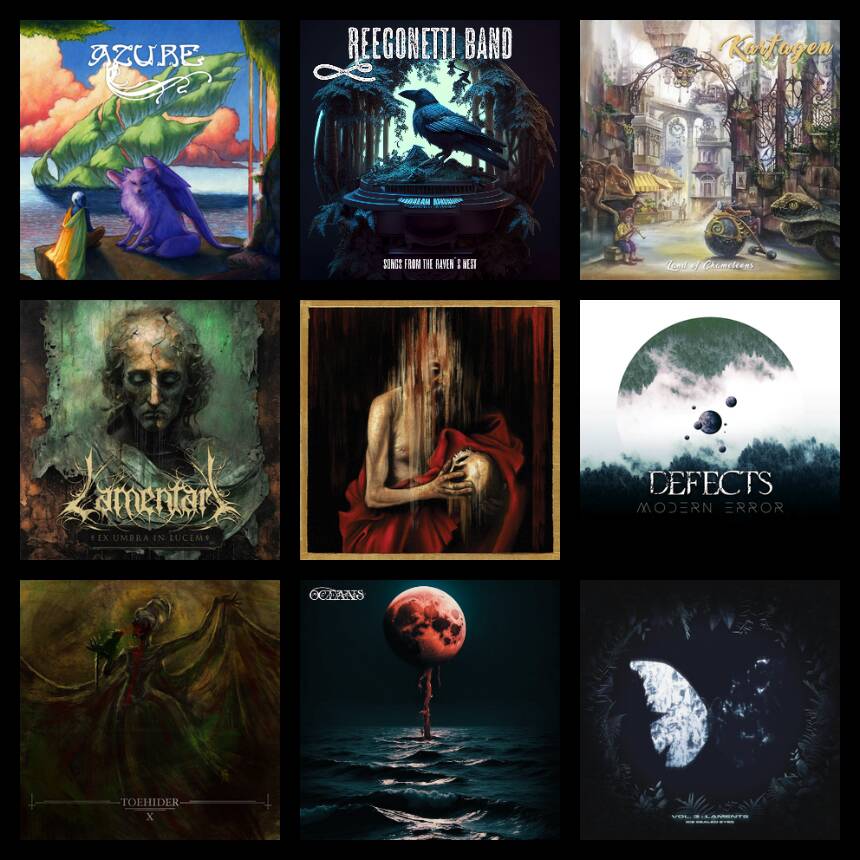
Hans Lundin on 50 years of Kaipa music and their 14th album Urskog
Swedish band Kaipa surely needs no introduction in Prog Rock Circles. 50 years of Kaipa music (with a 20 year gap between 1982 and 2002) speak for themselves. With the imminent release of “Urskog”, Kaipa studio album number 14, we couldn’t pass up on the opportunity for an in depth prog-talk with founding member and keyboard legend Hans Lundin. As we established at the beginning of the talk that the interview was going to be transcribed for a written article and hence the conversational dynamics might be a little different than with an episode of The Progtalks, he warned me that he used to tell everything in the first question for 15 minutes, so I should interrupt him if needed. Well, he surely delivered on that promise as you can see below, but I was still able to dive a lot deeper on all things “Urskog” and the long career of Kaipa in the ensuing conversation. But read for yourself.
Let’s start right away: of course we want to talk about the new album, “Urskog”. It’s out on April 29th, through Inside Out Music. It is the first album since 2017s “Children of the Sounds”. And before that, since 2002, it was every two or three years a new Kaipa album was released. So this time it was a little bit of a longer gap. Maybe you can tell us about the writing, recording and production process of the new Kaipa album.
I always used to start writing after an album is released, reading all the reviews and feedback from fans all around the world makes it a good situation to start writing new music. But this time I told myself to slow down, take it easy, and wait for inspiration. So I started writing songs in 2018 and at that time I was also working with my 6 CD box, “The Solo Years” with my three solo albums from the 80s.
So I transferred over material from those albums from analog tapes to the computer. And I realized that there was so much music that was not released. So this box ended up as a 6 CD box with three bonus albums. And in this case, I was working one day mixing music from the 80s and the next day working with new compositions.
And that was a very strange situation, I think. So I think that it was interesting to return to the 80s music and find out how I was working at that time, what sounds I used. And in some way, it inspired me. So I actually used some chords that I found, the opening chords for the second song where Alina is singing (“In A World of Pines”). When she starts singing, the first three chords are actually from a song from the 80s, probably. Something I wouldn’t have come up with today. But it was interesting.
So I think during 2018, I wrote most of the songs and then we recorded some vocals, I’m really happy about that. I recorded with Aleena Gibson in autumn 2019, and she’s living in Los Angeles. So after that recording, she had a chance to come to Sweden.
So, I’m really happy. That was the first recording we did for the album. Then, at this time, three of the musicians were out touring. Jonas Reingold (bass) with Steve Hackett, Morgan Ågren (drums) with Devin Townsend and Per Nilsson (guitars) with Meshuggah. So that was it, I didn’t think of having a chance to record their instruments, but then suddenly in 2020, Corona hit the world and all tours were canceled. And they all were sitting at home in their studios. So I thought this is a good chance, let’s do something good out of this bad situation. So I talked to Morgan about recording drums and he said “Yes. Okay.” But time went on. And when we came to December of 2020, he still couldn’t find some time for this. So he told me, I would advise you to find another drummer. And that was actually after that, everything started to happen because a companion worked with Darby Todd (drums), helping him on his solo album.
He released it a few years ago with a lot of guest musicians and Per (Nilsson) is playing on several tracks there. So when we were talking about finding a drummer, he suggested that I look at the video where he played in the studio and I was blown away. I said, this will be great. So give him a chance to record one song. And we started with the opening track on the album, 19 minutes, “In the Frozen Dead of Night”. And it was really great. So I said, okay, let’s go continue with the rest. And I remember he asked me, “Do you want me to play like Morgan?” And I said, no. Play like Darby. That will be fine. So that was the starting point.
Then, we recorded bass and guitars and the rest of the vocals with Patrik Lundström and the album was mixed and everything was finished to deliver to the record company in April 2021. But the fact is that all the musicians that had been touring were finally there in the spring of 2020 back home, sitting in their studios asking what shall I do? And of course they started to write new music. And called their old friends and said shall we put together a whole band. So what happened was that Inside Out Music had so much music from their bands and musicians waiting to be released. So we had to wait one year to find a release date. First I was, of course, disappointed, then I thought it’s no problem, I have waited so long. And the most important thing is that we have released an album that we are totally satisfied with. And I think we are.
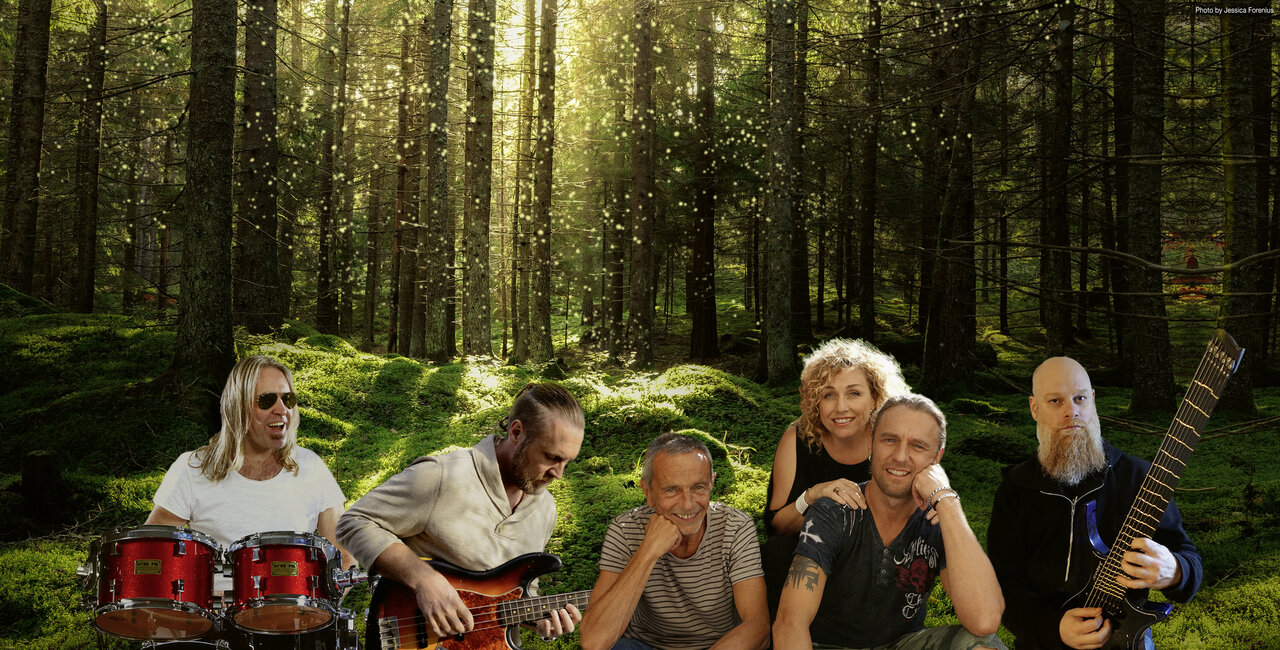
Kaipa: Darby Todd, Jonas Reingold, Hans Lundin, Aleena Gibson, Patrik Lundström & Per Nilsson
That was a wonderful overview over the process, how the new album came together. There’s a few interesting avenues I want to ask you about. Maybe first about the music itself? I personally have been a fan of Kaipa since I discovered “In the Wake of Evolution” in 2010. And actually yesterday and today I took the time and I listened to all the albums since “Notes From the Past”. And one thing that is very unique to Kaipa, maybe it’s not really unique, but how consistently Kaipa music gives me a feeling of happiness and peace is quite unique in the prog world, where a lot of stuff is very dark, always sad. So, it’s also for a long time, I think, that you draw some inspiration from nature, right? So, tell us a little bit about where you draw the inspiration for Kaipa music from.
I can say I almost never sit down at the piano, trying to compose. I know many musicians, they can stay for eight hours, trying to find a melody. For me, the melodies are coming to me and often in most unexpected situations, often when I drink my morning coffee, or it can also be when I go out for a long walk and suddenly, some notes are starting to play in my head, forming a melody. And then I realize, oh, this is it, I liked this. But if I just cannot forget it, then I try to go home and go into my studio just to record a small sketch. We caught the chords and the melody. So I don’t forget it, then I can leave it and come back one week later and listen to it again.
And most of the time I still like it and find it attractive that I can start to develop it. And it can be a short song that can be finished in two or three weeks with arrangement, or it can be one of those long epic tracks. That can take 2, 3, 4 months because I’m very careful with small details.
And often I use this main theme in several different variations in the music. So I can use just the background, not with the vocals and trying to form something different on instrumental melody and maybe also change the time signature, which makes it, if you listen to the album, you think this is a new part of the song, but it’s based on the same origin.
And that’s it. That is the way I’ve worked for a long time. I think that’s giving you, as a listener, a familiar feeling. Even if you don’t recognize the core of it. So I think many progressive rock bands, they try to have so many different parts and so many different time signatures because that’s how it should be when you play progressive rock. I try to do it in the other direction, make it simple, make variations of the original theme and then add some other parts of course. There was something more I should say. What was the question? Where do I find inspiration, or…
Yeah. Where do you find inspiration and where do you think these inherent peaceful vibes or happy vibes in Kaipa music come from…
I am an old and most of the time happy man. So I really hope my personality is reflected in the music I write. And I like to be outside. Not this time of the year, now it’s snowing here. So it’s not nice, but soon it will be spring and summer.
And it can be that, for this time of the year, I don’t go into my studio at all because I really want to take care of this part of the year. When everything is so nice and I can go, I used to go on long bicycle rides and go out in nature to find that peace as a contrast to the life in the city where I live. And probably that is an inspiration, when winter comes I still have that feeling inside of me from the summer, and I transfer it into music, yeah.
Kaipa – Wilderness Excursion (click here if the video doesn’t play)
Wonderful, that’s a wonderful explanation. You also already mentioned that sometimes it’s going to be a shorter song you might have finished it in a couple of weeks, or sometimes it’s going to be one of the big epics. So what’s the difference between writing a short song and then a long song? When you start out with this small melody, do you already know where it’s going to lead you or it’s going to develop while working?
I never decide. It always starts with a smaller melody and sometimes it becomes a smaller song and it’s not necessary to add to anything. But sometimes the inspiration is just flowing all the time. I used to say, I have my inner musical universe. It’s like a large library with all my experiences from when my music interests started around 1960 when I was sitting at home listening to Radio Luxembourg, because that was the only chance to hear pop songs and rock songs, to listen to Cliff Richard and The Shadows, Eddie Cochran, Elvis Presley, all of those, it was never played on Swedish radio. And then, in 1964, when I started to play in my first band, I used to say that the first 10 years from 1964 to 1974, it was like a long education and the best education I ever could get.
I learned so much. And it was a very happy time. Also, of course, a lot of hard work, but I have so many memories and I learned so much. And I think I took all this knowledge with me when we started Kaipa in 1973 in the autumn. And then it has continued and I have learned. More and more over all these years.
And like I said, it’s like I have a library. I have no control over it. But when I start working with these small melodies, there are inputs coming from this library all the time. Showing me the way, it’s not hard work. It’s mostly coming so naturally, it’s like writing a book. If my feelings get me into that mood, I cannot stop halfway into the boot book and say, you cannot write a book. If you say you cannot write a song that is 19 minutes, you have to make it five minutes… But my music is 19 minutes. That’s it! And sometimes it’s, I think we have some three and four minute songs, in some cases, and that’s okay. It’s like a small novel.
…or a nice little poem like “Folkias First Decision”, for example, I love that song. It’s so small and sweet. Just this one, folky melody.
I have to tell you this, on “Notes From the Past”, there’s a song called “Folke’s Final Decision”. And that it was actually my daughter who came up with the idea. She said, this sounds like an old band who knows what he wants to do. That song is very much inspired by Swedish folk music. And when I wrote this short little Folkia, I thought this is the daughter to Folke. Yeah it’s a more tiny little song, but still folk music, but not the heaviness lacking in the original song. So it was like a daughter.
Kaipa – Folkia’s First Decision (click here if the video doesn’t play)
You just mentioned that you originally founded Kaipa in 1973 already. And of course you had the first run of albums until 1982 and then started fresh in 2002, 20 years later. Is there any huge difference you could point out between making music back then in the seventies and eighties, and now in the new millennium, so to speak?
Of course, there are a lot of differences to the seventies. Of course, we went into the studio where we were sitting for some months in our rehearsing room. And then we went into the studio and you should play everything correctly. On the tape. Of course, that’s a little bit nervous. Even if it’s a nice feeling to be in the studio, but I think today we all can be relaxed and we can leave a result we are all totally satisfied with. So that’s the difference?
Also of course, I think the seventies and maybe even more in the eighties there was new equipment coming in all the time. As soon as you went to the music store, they showed you something new, and that was a time when you had to find out what is this pedal? What is this new synthesizer, a new effect pedal. So a lot of money went into that and you had to learn all about it, how it works. At that time it was real equipment. Today, you find the same equipment in your computer and I think I’ve spent at least 50,000 Swedish crowns (around 6700 Euros) on the Logic recording program I’m using today.
You can buy a complete program for 2000 now, so everyone can have it at home. So of course it’s a total difference how you work, you know. Back in the seventies, we couldn’t do this conversation. We would sit with a normal telephone talking. So everything is different, of course in a good way. So many technical things that you can use, which makes it very easy to work. But I always start especially playing melodies and solos, playing everything in real time. Not using automatics, you know, and of course it’s fantastic to work with the members of the band today. They all are all in the top class of the world. So it’s great joy to have them all in the Kaipa team.
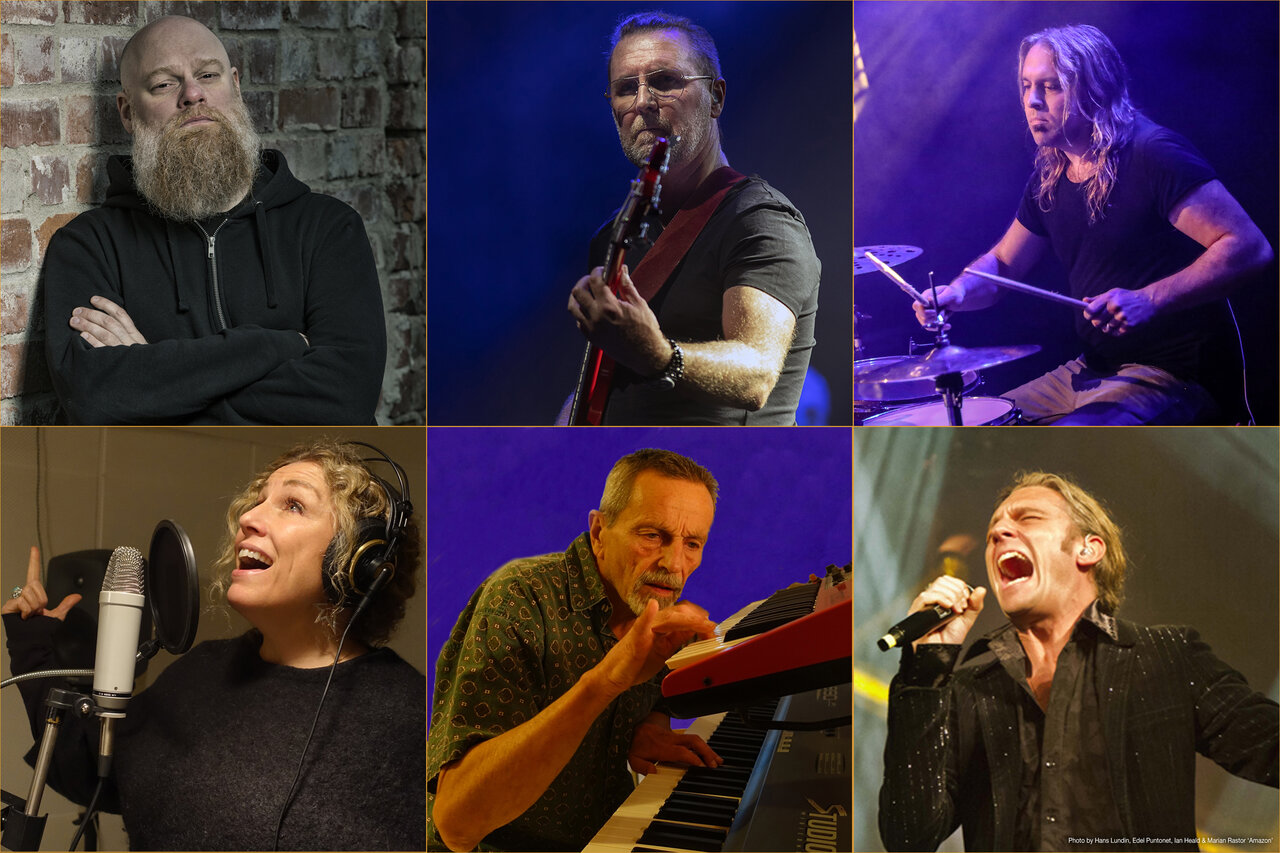
Yeah. When you said earlier that they were, you know, Per was touring with Meshuggah and Jonas was touring with Steve Hackett and Morgan with Devin Townsend, they are definitely some of the best.
Yeah. Now Darby is going on tour with Devin Townsend now together with Dream Theater in Europe.
Yeah, now you can have Morgan back haha…
He has his own band, the Mats/Morgan Band, that’s a great band!
Yeah, that’s true. You said that of course the recording stuff and the equipment made everything easier and cheaper and more relaxed also. Compared to back in the day, how do you feel is the reception or how the music is received by fans? Do you feel a difference between your first run with Kaipa and now? I mean, nowadays with the internet, this is probably easier to see for you, with all the reviews and stuff coming in. You already mentioned that, but, um, yeah. Do you feel a difference in the perception of the fans? Maybe not only Kaipa music, but music in general compared to back in the day and now.
I think that when we started Kaipa no one, I say no one, knew the band and what we were playing. So we started from zero and we were building up a fan base. During these years, it was a lot of hard work and not much money came in, especially in the beginning.
So we were relying on each other and I think we were rehearsing when we weren’t out doing concerts. We were working daytime in our rehearsal room. So we had decided that we should be successful. And we also were, but after a while there were tensions in the band and a lot of different opinions, how it should go. So I think like most bands, suddenly someone is saying, I’m quitting. I don’t want to be part of this anymore. But of course at that time, it was mostly built around being out, playing live. And then setting off some weeks to record an album. And our audience was in Sweden. We also played a bit in Denmark and Norway, but never outside Scandinavia.
We were singing in Swedish, so we had no intention to reach out. And today when you have the internet and you can connect with people all around the world, we couldn’t even dream of that. So the fact is our record company, DECCA, asked us to do a demo with English translations of some of the songs from our second album. And they sent it to the office in London, but there was no reaction. But those simple recordings are bonus tracks on the re-releases. If I look at the situation now, and when I decided to restart the band in early 2000, I decided to reach outside Sweden.
And that was the reason also why I wrote the lyrics in English and the interest for Kaipa reached a new level in the 90s, I think in the early 90s, when the French record company Musea asked us if they could re-release our three first albums on CD. That was because the rumor had been spread around the world that there was a Swedish band called Kaipa. So many years after our last concert, we released it on Musea and they licensed it also to Korea where it was pressed it on vinyl in the nineties. So there was an interest growing around the world for the old albums, but no one was expecting that there would be something new.
So I think many people were surprised when we presented “Notes From the Past”. And I didn’t know what this should lead to. I was happy to make an album with great musicians. But then in four years, we released three albums and they were all 79 minutes long, the maximum length on a CD that means in the old times, at least it should be a double LP, a long double LP, all of them.
So after that, the “Mindrevolutions” in 2005, and when Per Nilsson joined the band in 2006, I decided to shorten the length of the album. So now it’s 60, 65 minutes per album.
Yeah. I actually noticed that as well, to be honest, and since Per Nilsson joined for “Angling Feelings”, not counting the smooth change of drummers right now, it’s been a pretty constant lineup as well. And, as we already established a very high class lineup.
Yeah. I think it’s, if you have a good vibe, and we have that, when you meet and record and you like the results, then I don’t find a reason to change it because we are forming the sound.
I used to say, when I’m writing the music and doing the basic arrangement, it’s like, I’m drawing a black and white drawing. And then the other musicians come and they fill in all the colors. And I have never thought of changing this. I like the sound we produce together. But you never know. I think I was surprised when Darby joined on drums, it made a difference in the music because he hits a little bit harder, a little bit more rock feeling to the music. And I really liked it.
Yeah, you already told us that back in the 70s and 80s it was all about playing live and then setting aside a couple of weeks to record the next album and stuff. But have you ever been playing live with that new Kaipa lineup?
No, no, no, no. I decided already when “Notes From the Past” was released, this is a studio project. I have no plans to go on tour with this. I’m an old man and I’m satisfied with my life. Like it is. I’ve been going around in a tour bus for 20 years of my life. And that’s it. That is so many great memories and also a lot of hard work. But I’m satisfied with that. There are so many young musicians that can fill in and do these live sessions. And I hope people are happy with our albums and like our music. That’s my goal. And also it should be very difficult to time this with the musicians in Kaipa. Because they all have so many other projects.
Yeah, wonderful. I loved your last sentence here that this is your goal with Kaipa, that you hope that people like the studio albums and well, I love them. For me, there’s a special magic in Kaipa’s music, especially with “In the Wake of Evolution” and also “Vittjar”. And the last thing on “Urskog” that Patrik is singing is “…feel the magic in the air”. And I really love that. It’s wonderful. It was so wonderful to talk to you Hans and so wonderful to hear your stories about Kaipa, about the music. I think that’s going to be a really cool little interview, that I will…
(interrupting me): One thing I just like to mention this year, it’s 20 years since “Notes From the Past” was released in 2002. So that album will be re-released as a double LP with included remastered CD in December, 2022.
Most of the albums are out of print and I have so many requests, especially for the album “Sattyg”, which seems to be one of the highlights for people in the Kaipa catalogue. So, the album “Sattyg” and “Vittjar” will be released together in a media book. So two CDs in one, later this year, so it will be available again!
Kaipa – Urskog (click here if the video doesn’t play)
That is wonderful news for all the Kaipa fans out there. And I do have the original Digipaks from Inside Out Music from both of these albums. Yeah. And actually I also thought with these two albums that they both have, you know, this Swedish title and also the title track is a small song in the middle of the album. But you kind of broke this tradition with “Children of the Sounds”, but now returned to it for the new album.
Yeah, that’s correct. I said, why not Swedish in the title track on the new album? It all, both the music and lyrics, it all came so natural in, I think, in just a few days I had composed it all. And I found no reason to try to translate it. And I said to myself, okay, we did it on “Vittjar”. The title track is with Swedish lyrics. So let’s do it again.
And the fact is that the album “Sattyg”, that was also a song in Swedish. But for some reason I decided to make an English translation. And so there is a song called ‘Screwed Up-Ness’ from that album. And that song originally had Swedish lyrics and the title of the song was ‘Sattyg’. But when I decided to record it with English lyrics, I had a problem. I wanted a title song for the album, and then I wrote this little folk music song that’s called ‘Sattyg’. That was the last song I wrote, just to have a song with that title.
Wonderful. It was absolutely wonderful to talk to you and, yeah, thank you so much for your time and thank you for the wonderful music you do with Kaipa.
Thank you for a nice interview.
It is really so important to have such soul soothing music, especially in hard times like these, right?
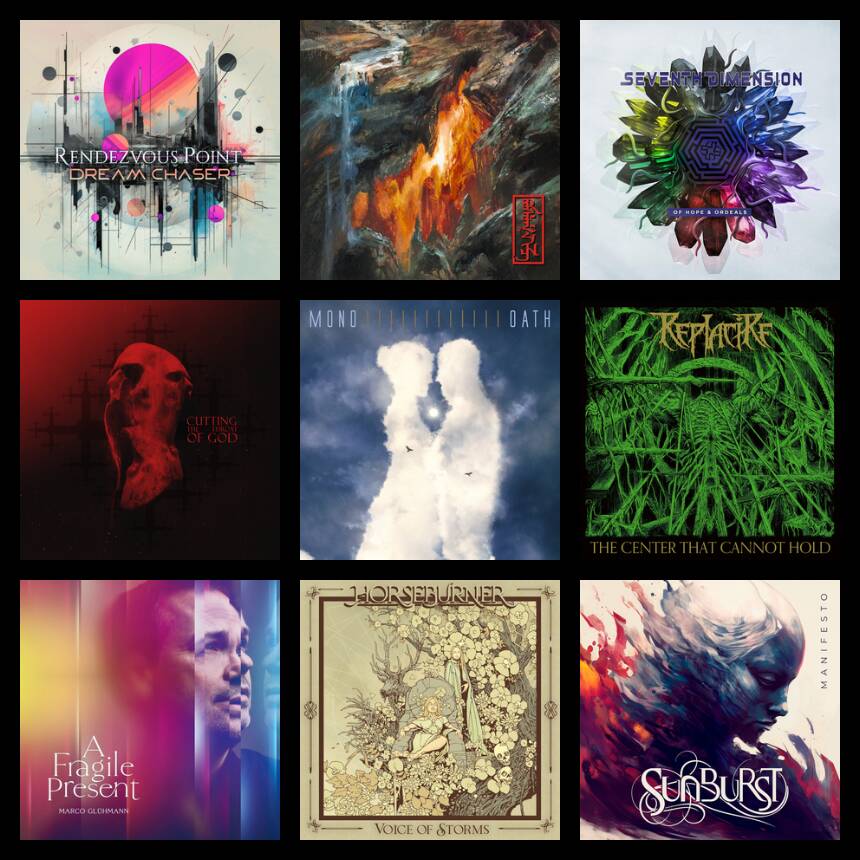
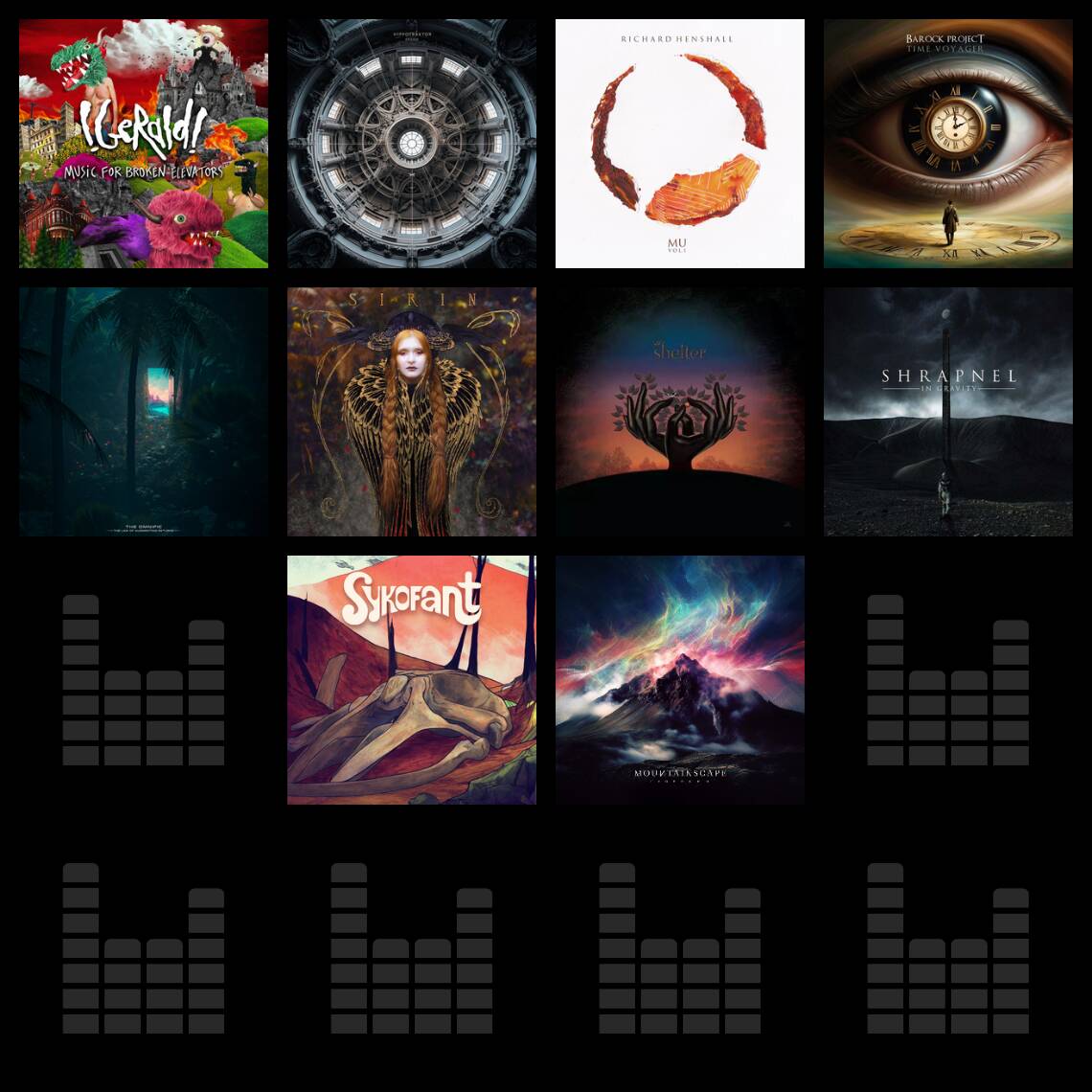
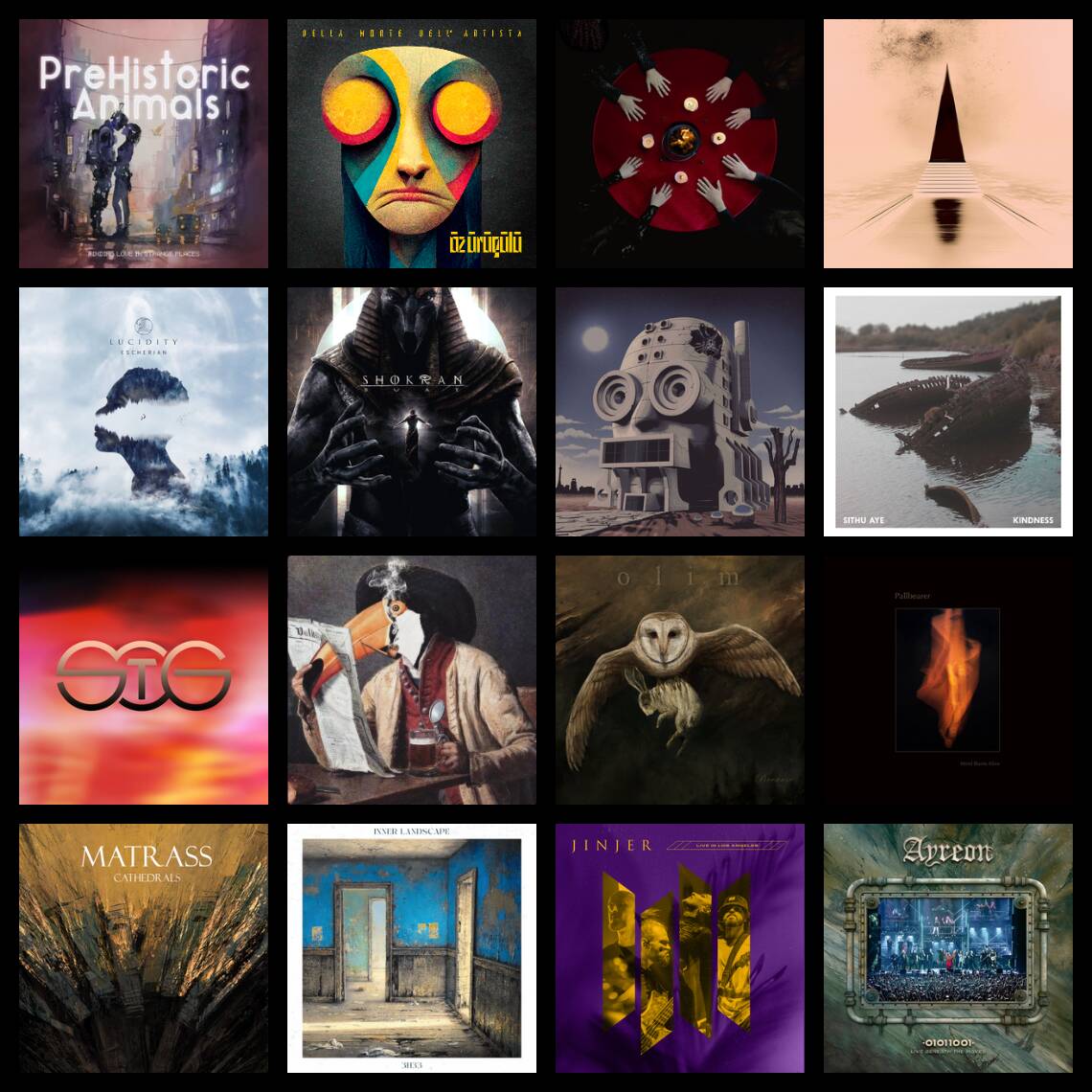

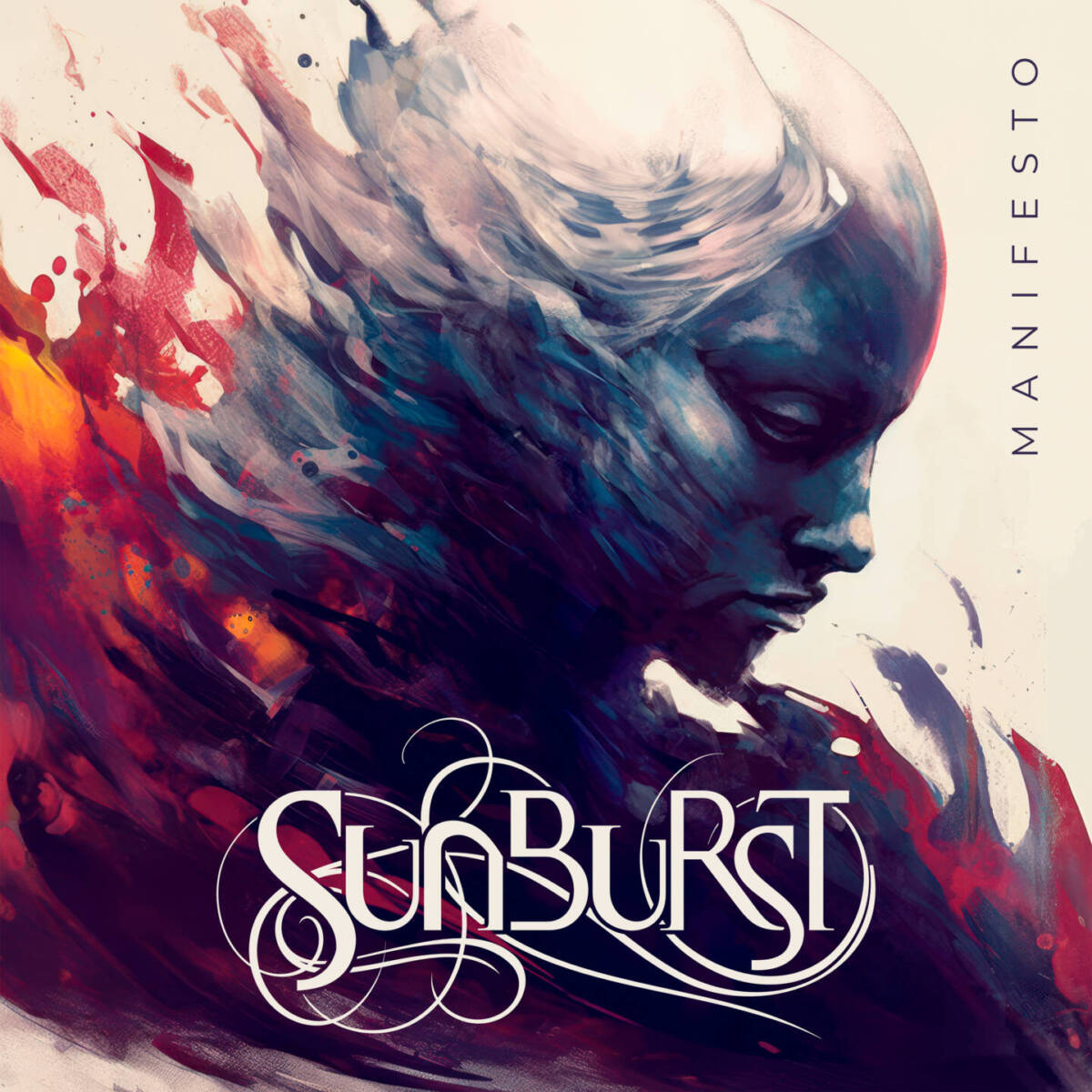
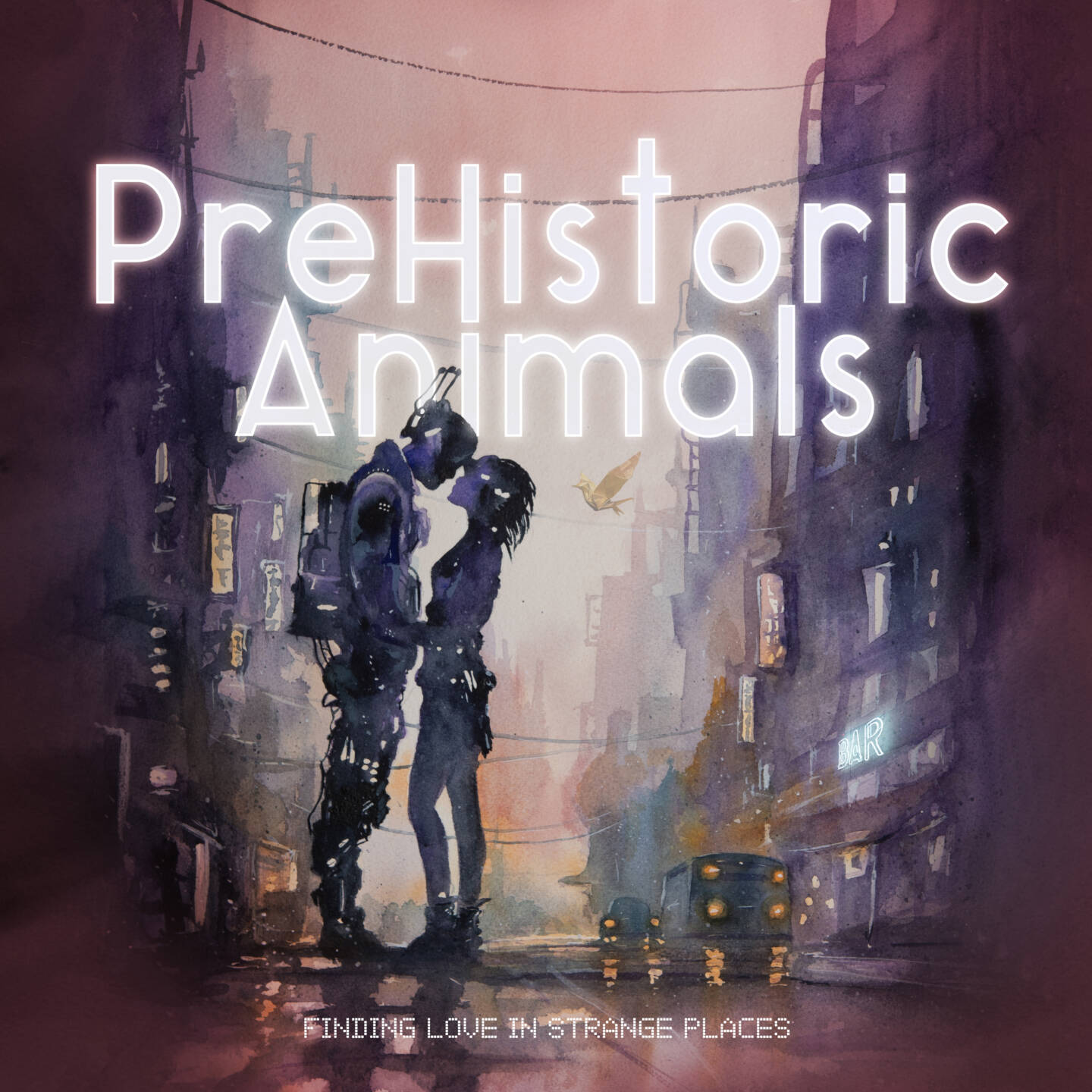

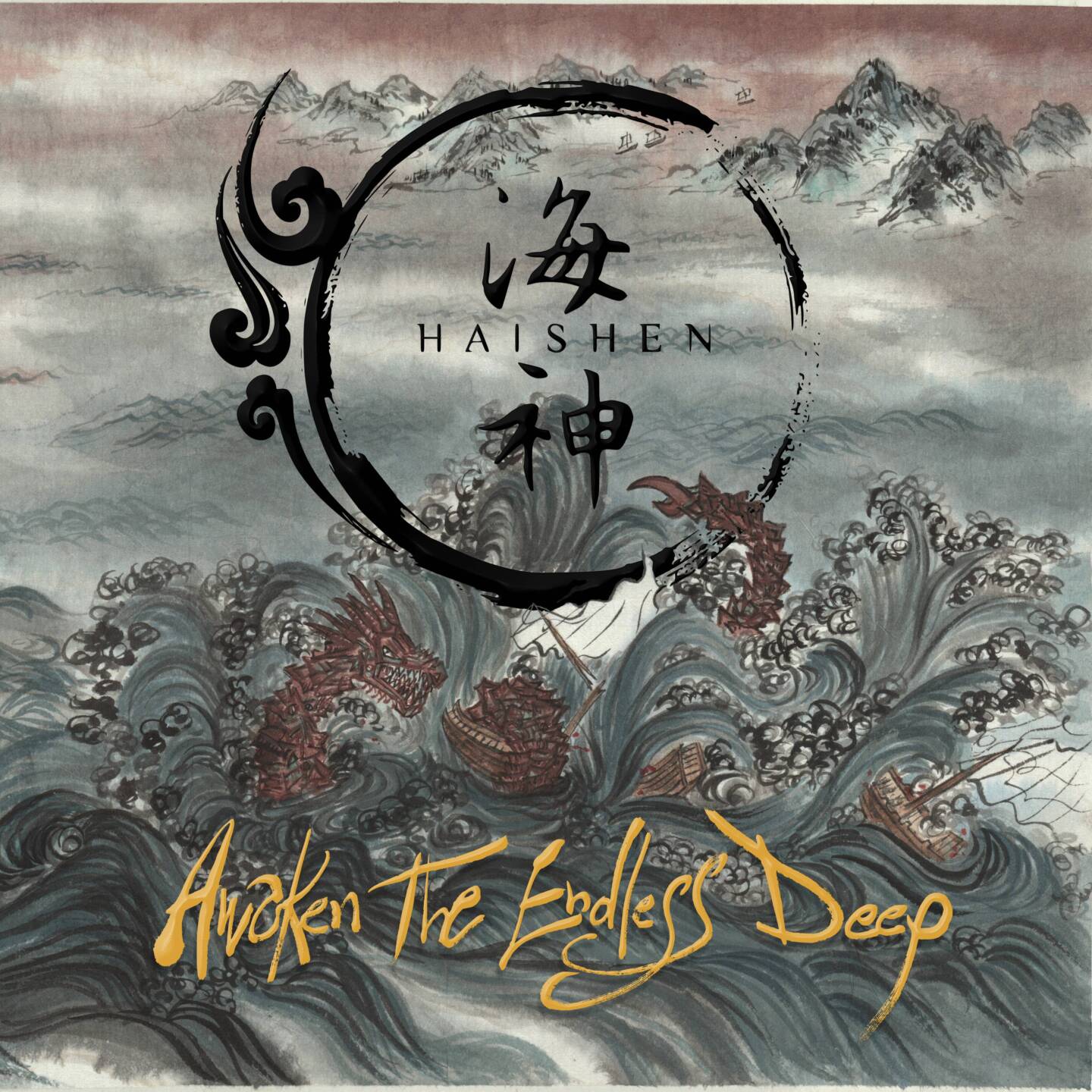
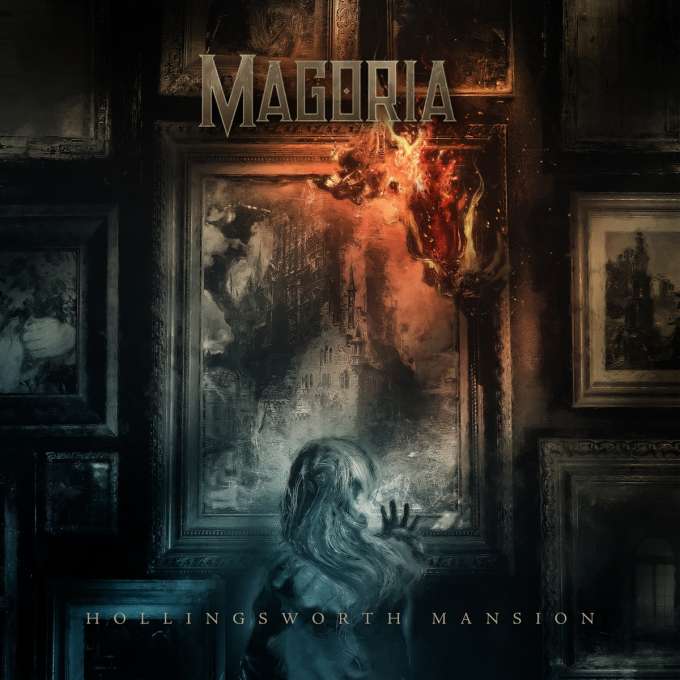
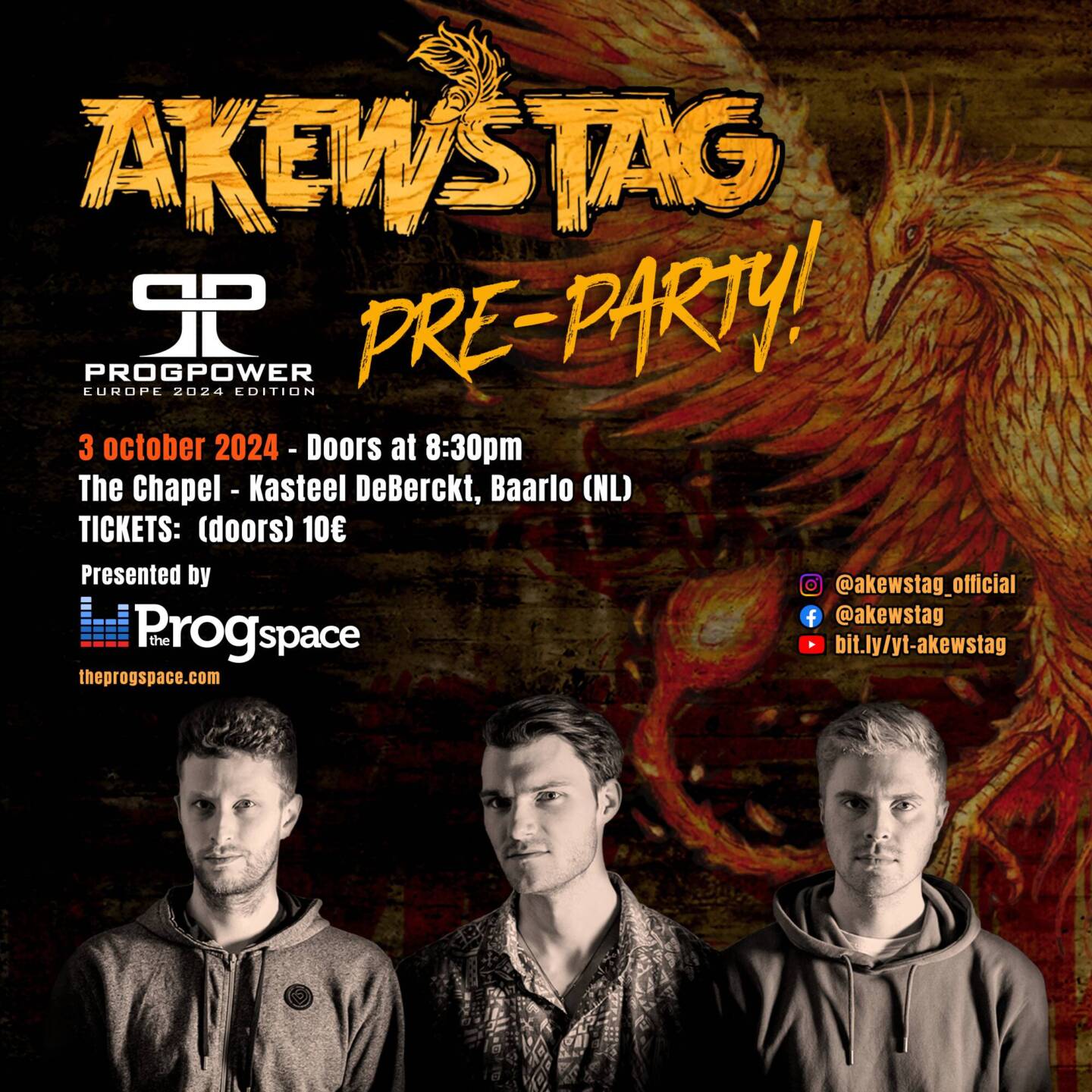
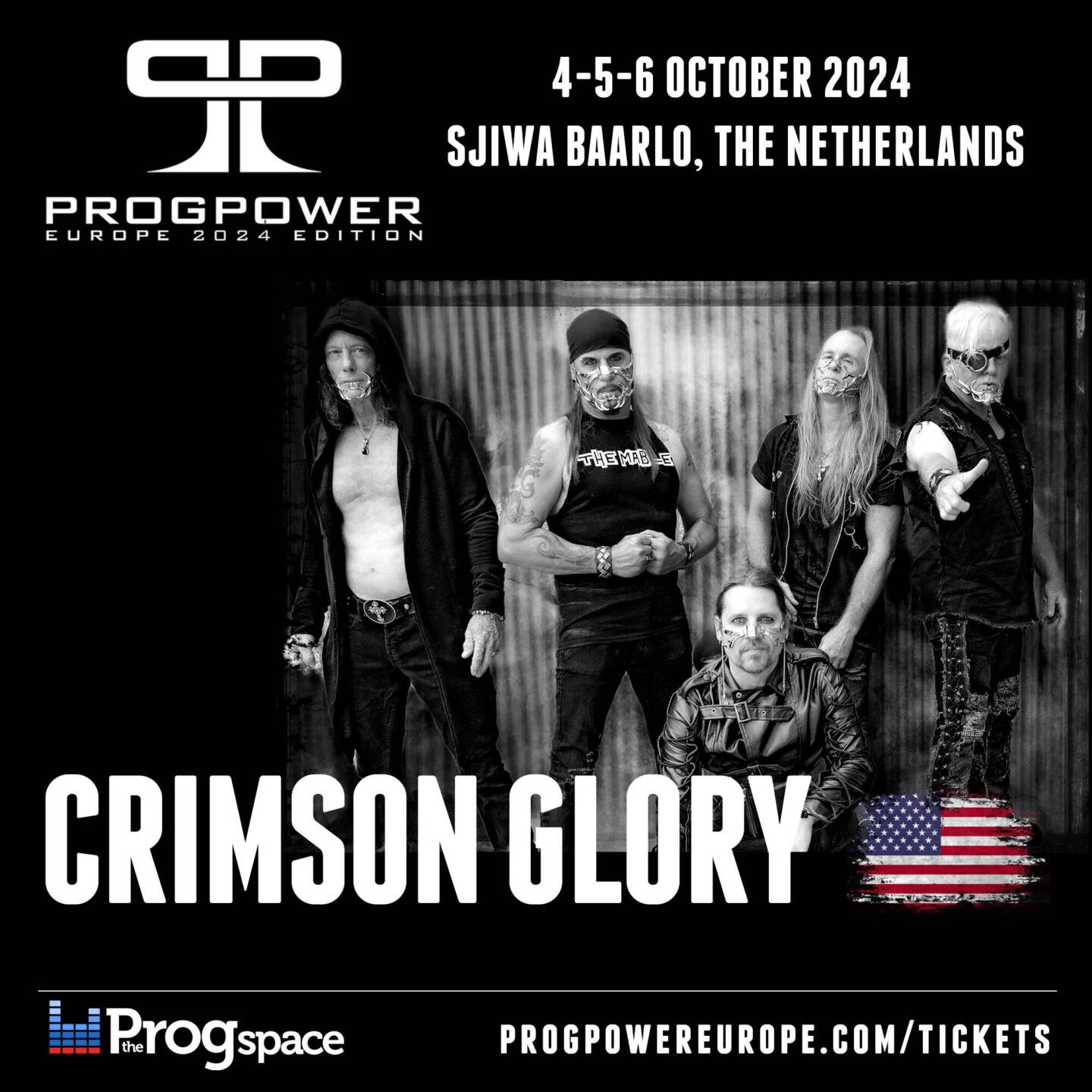
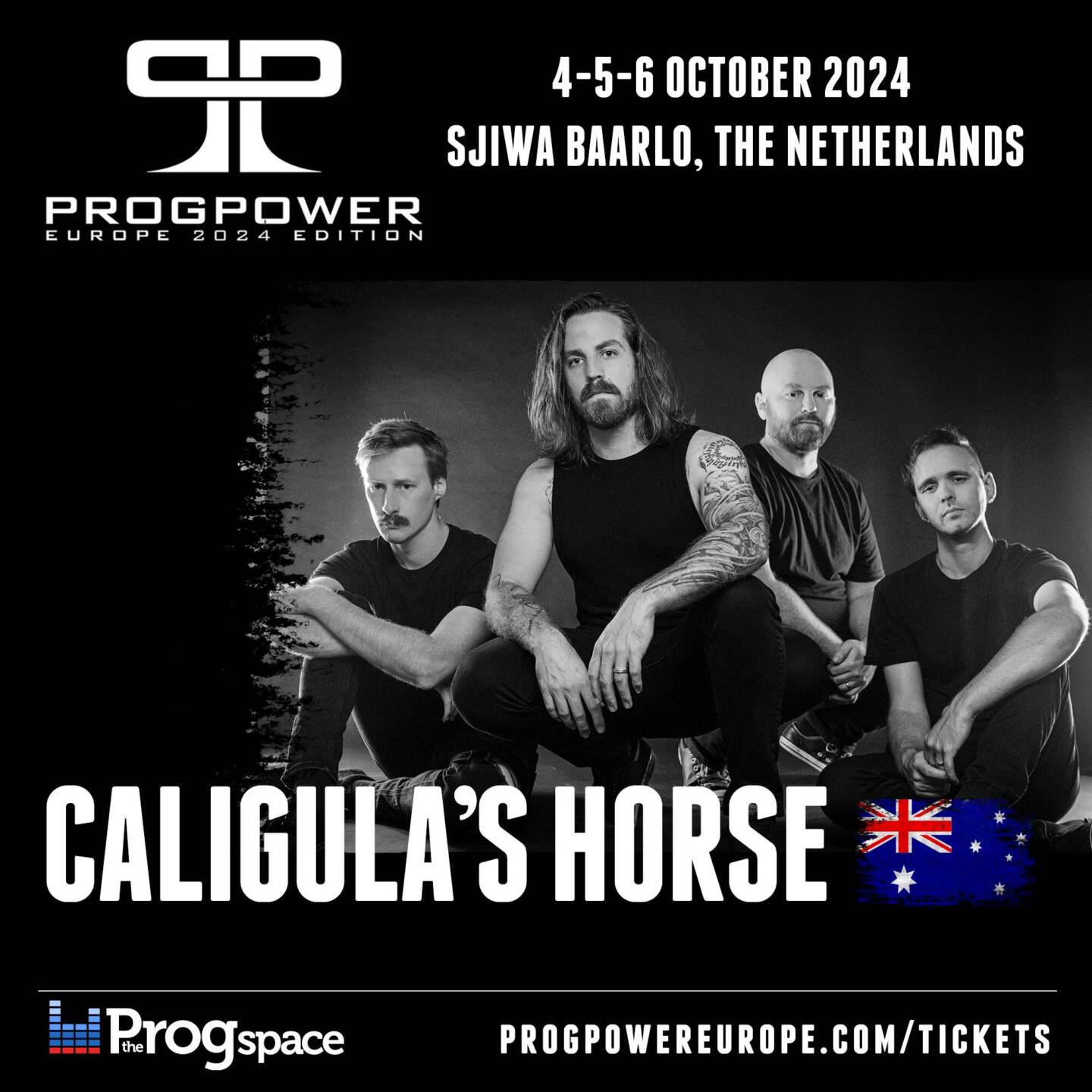
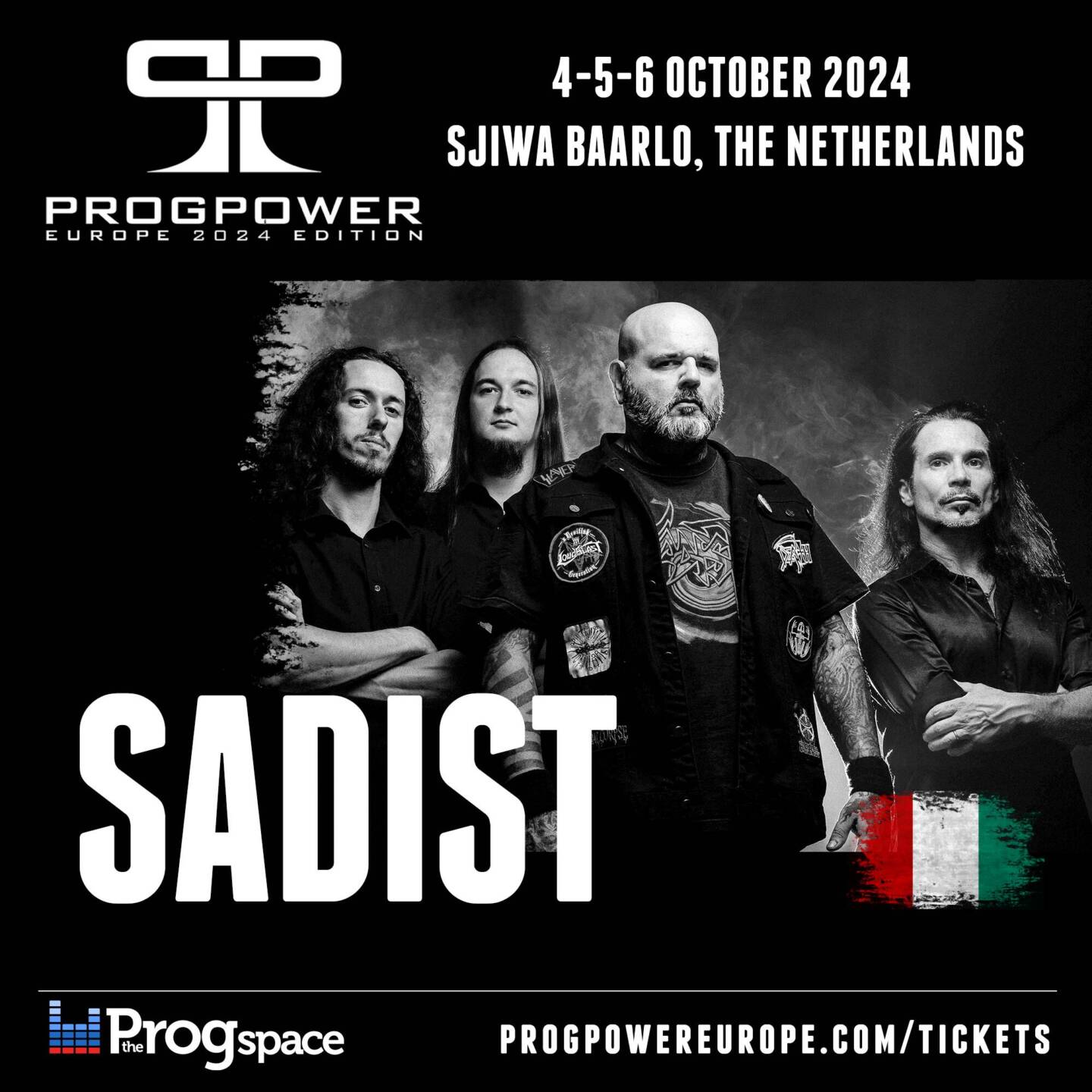
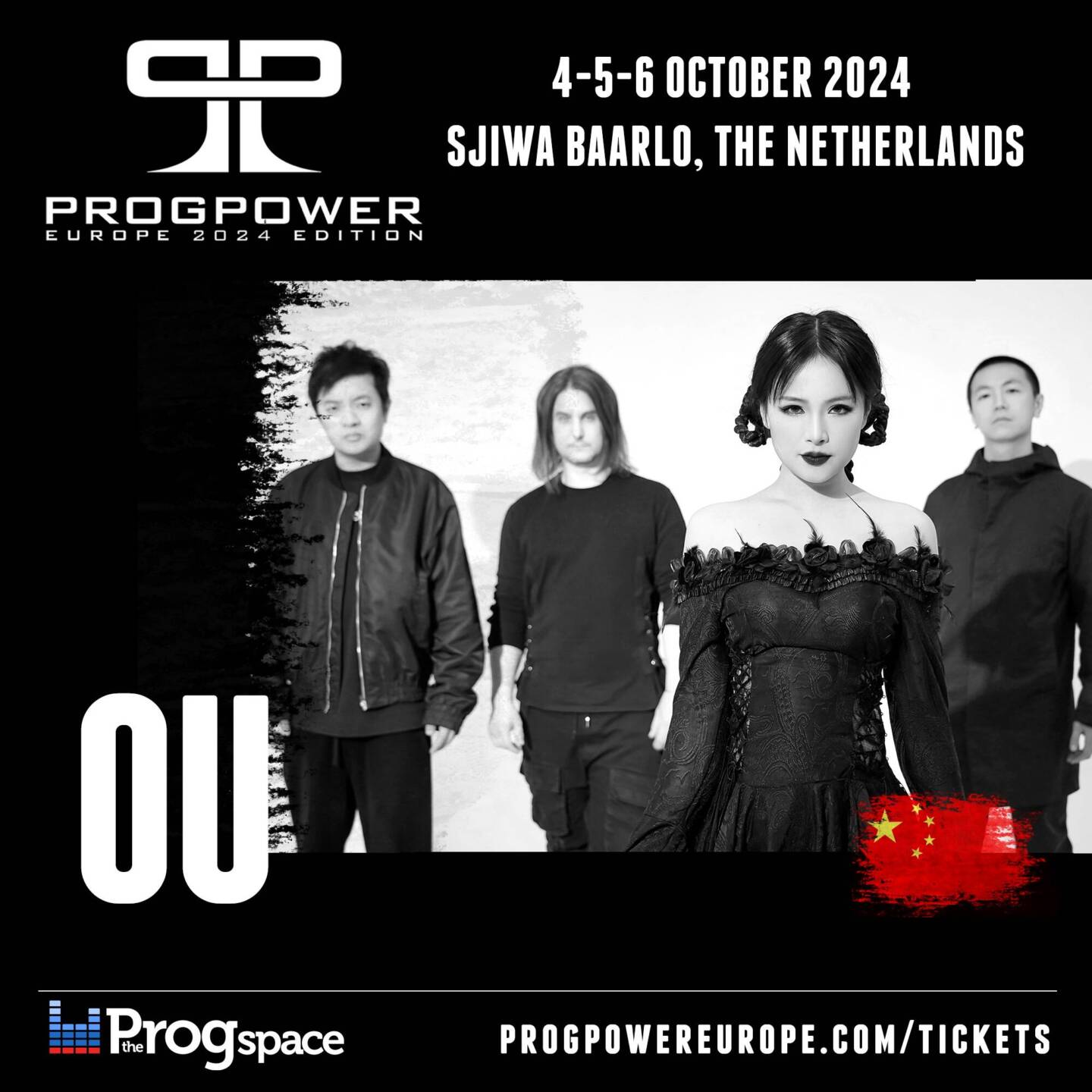
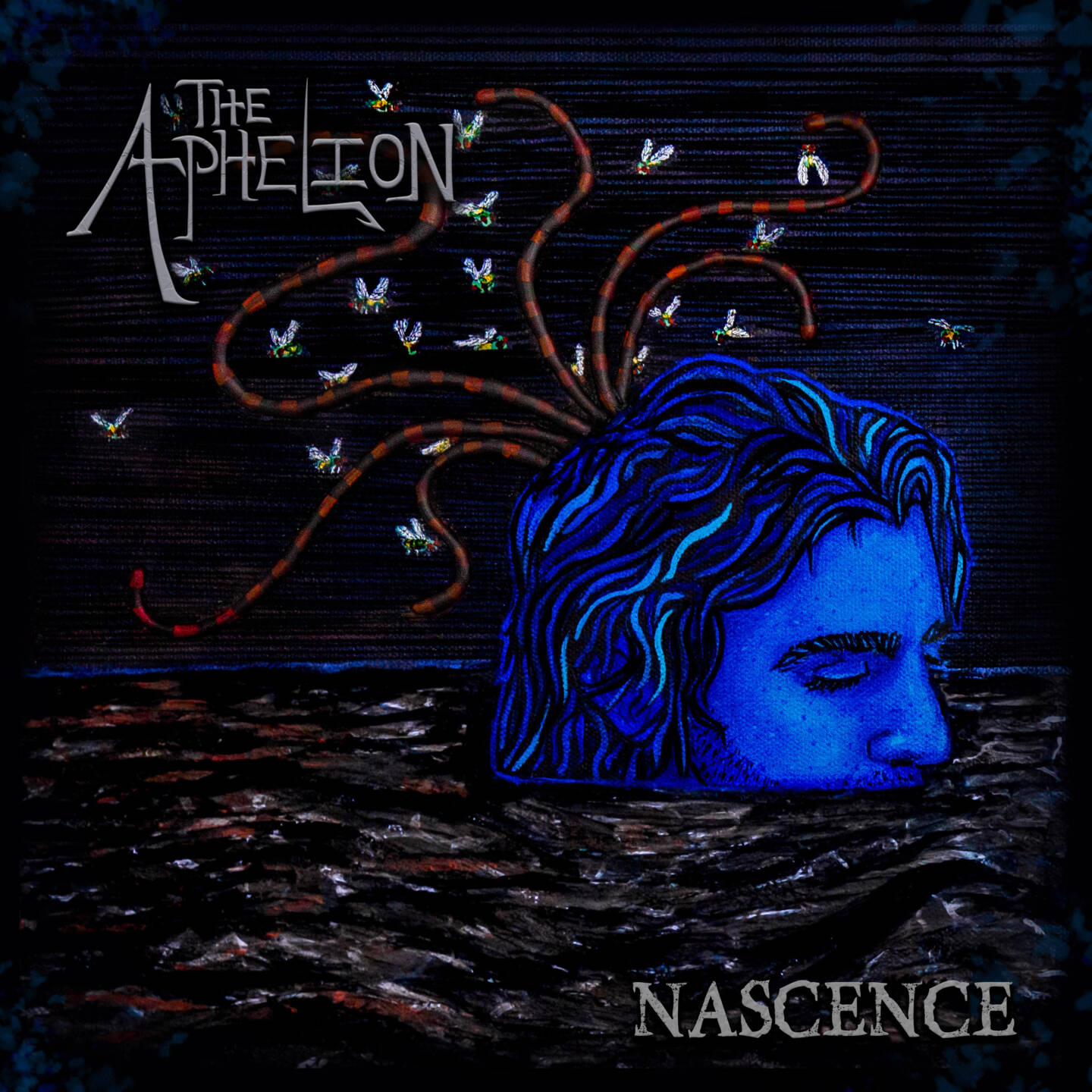
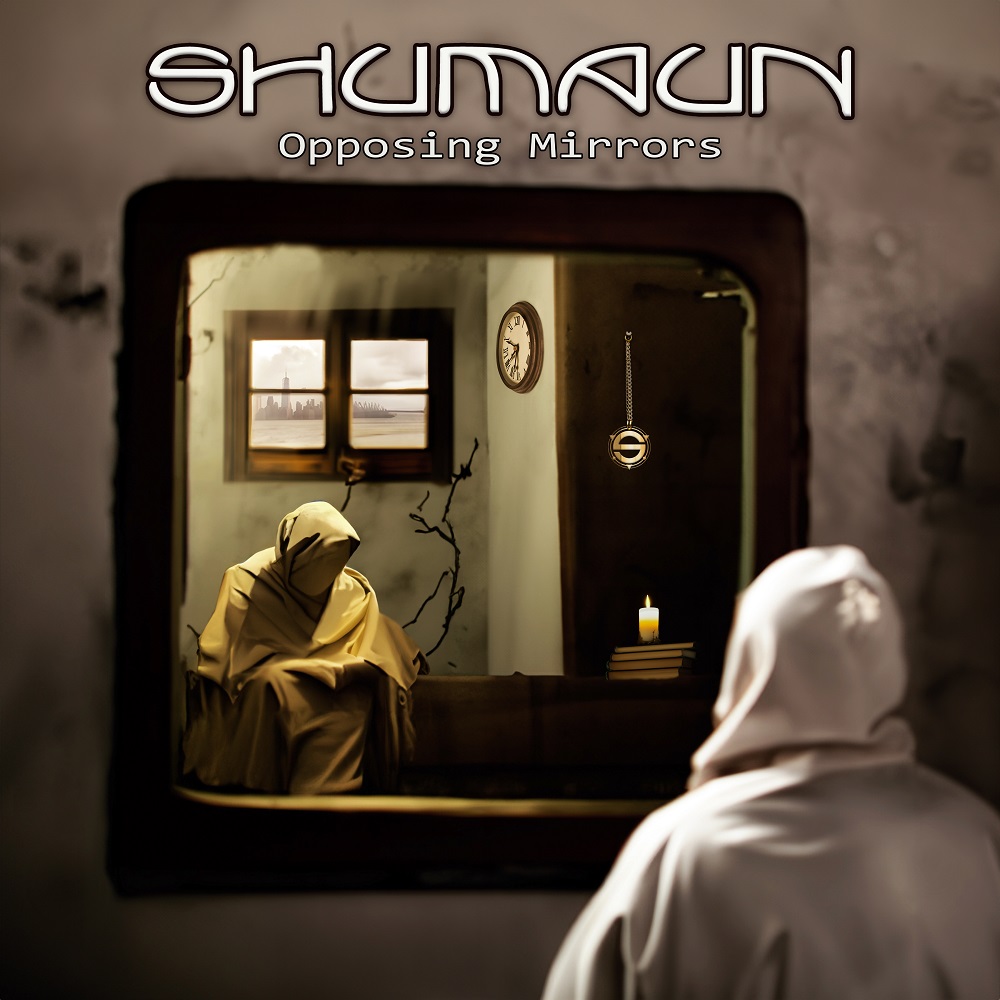
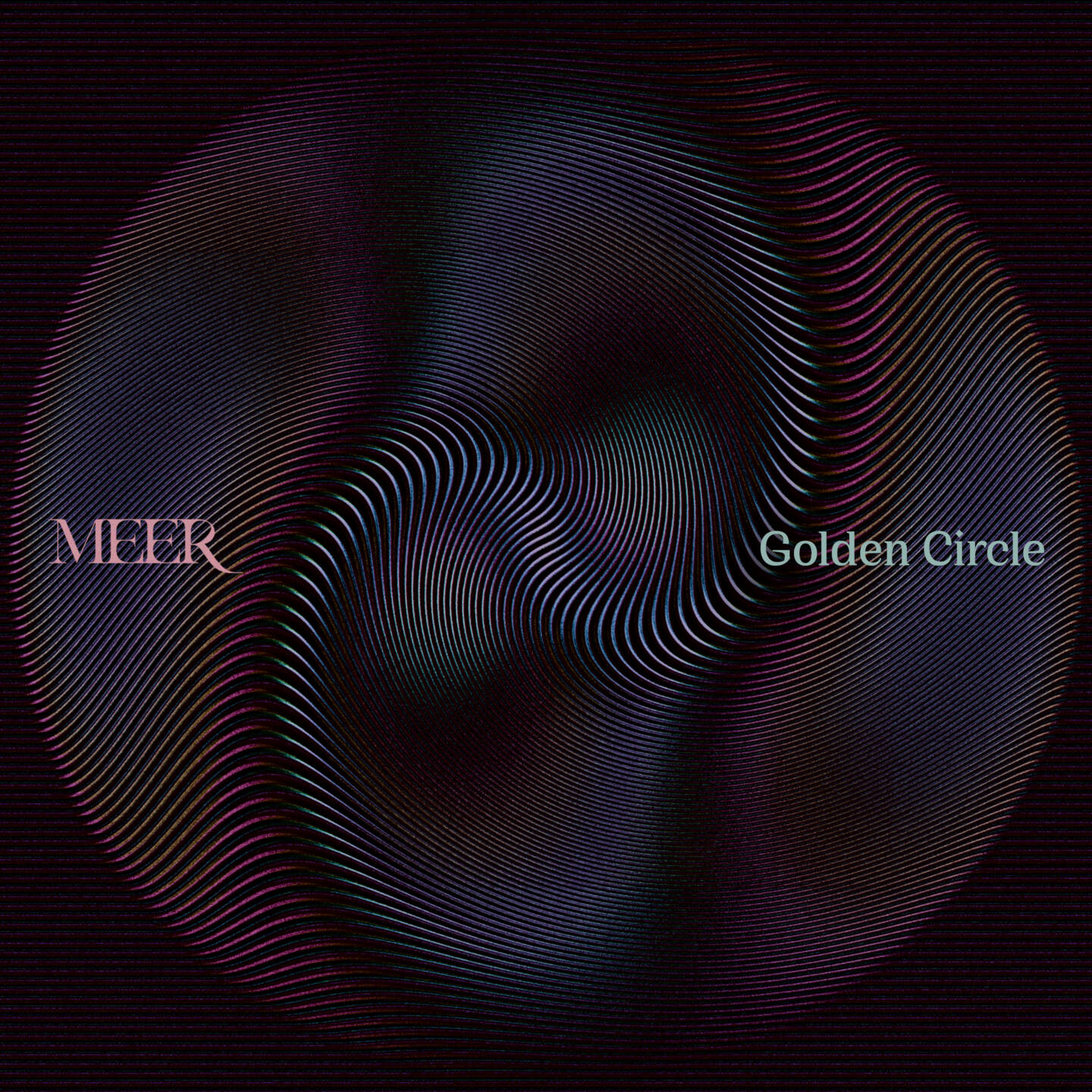
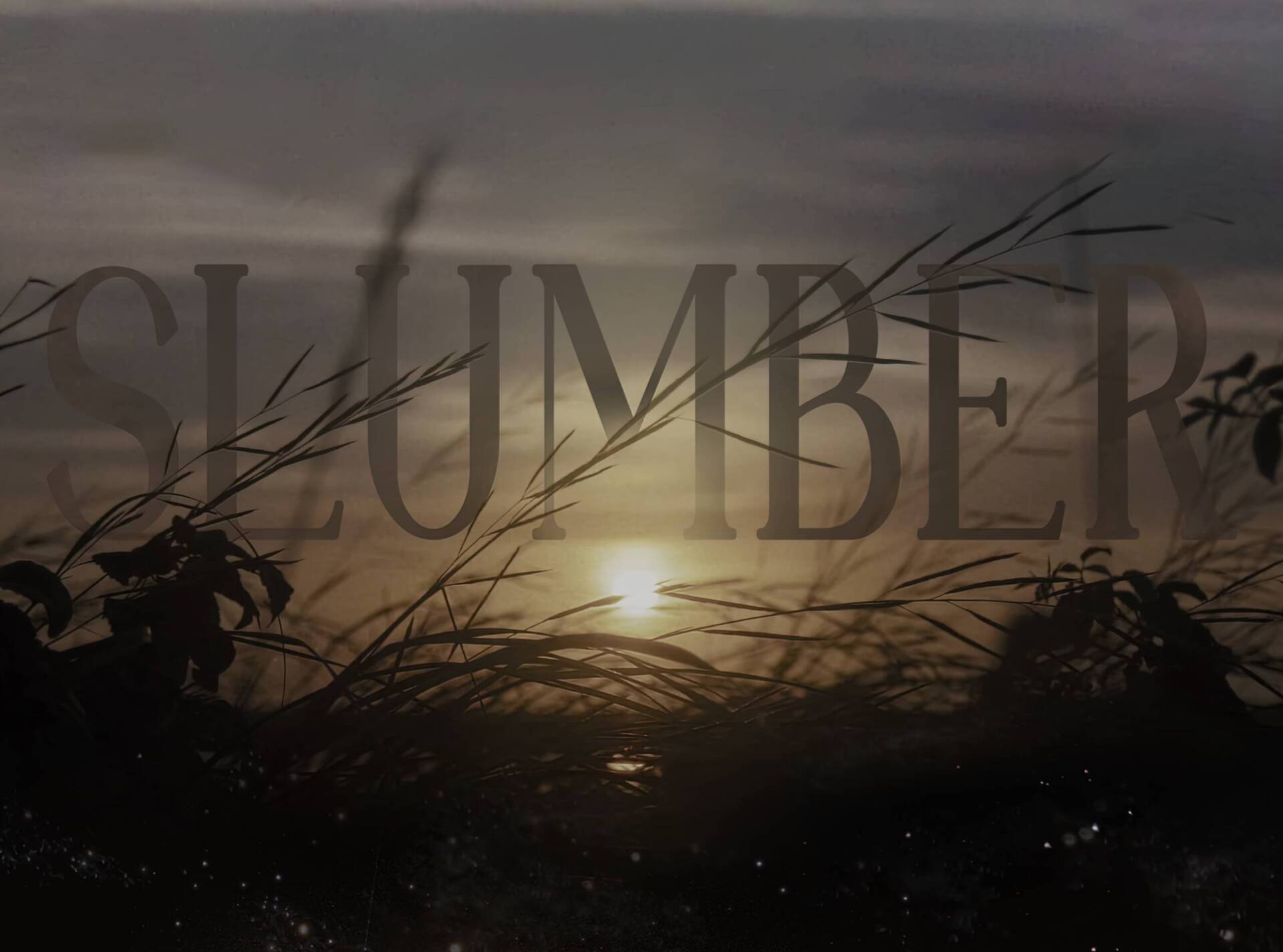
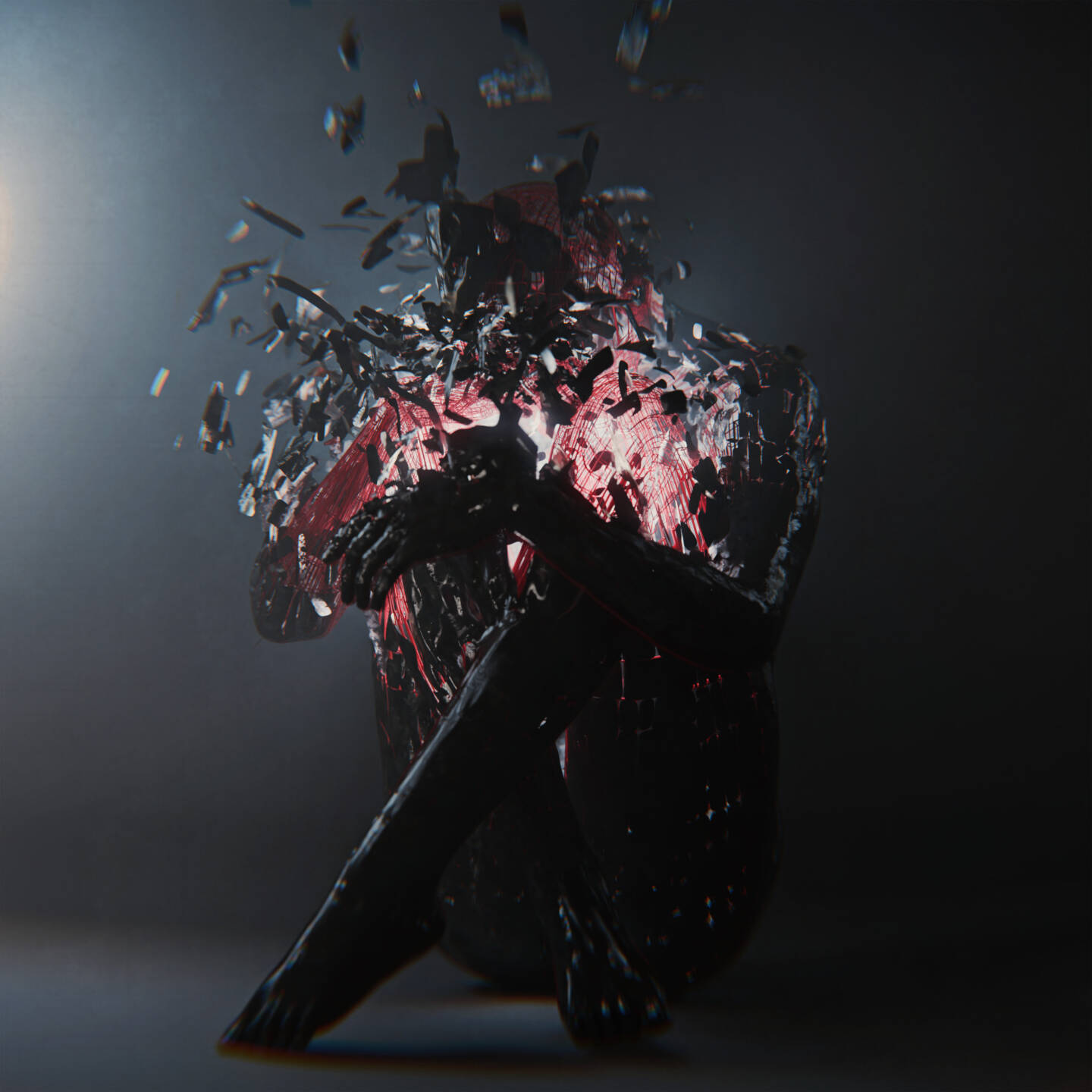
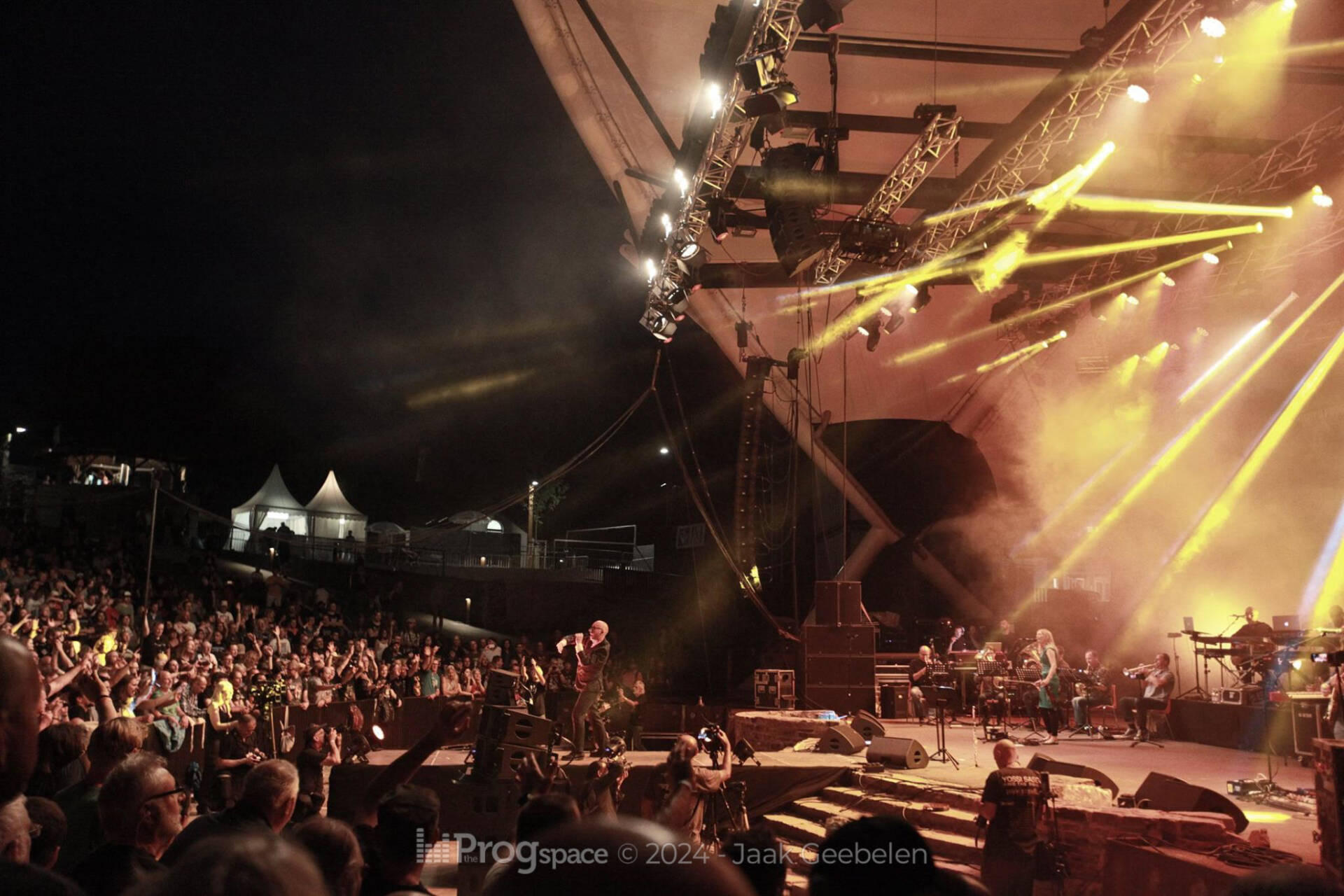
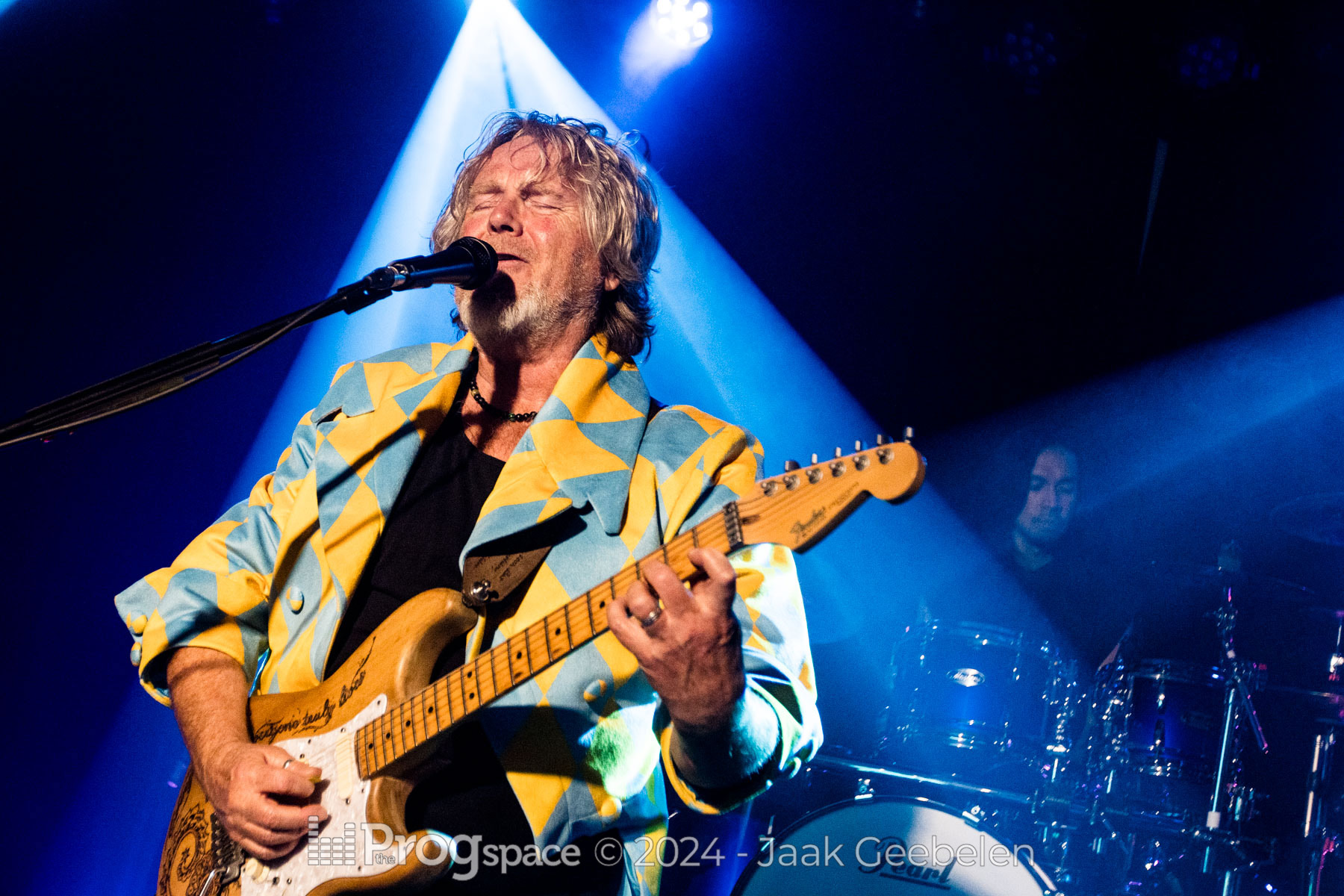


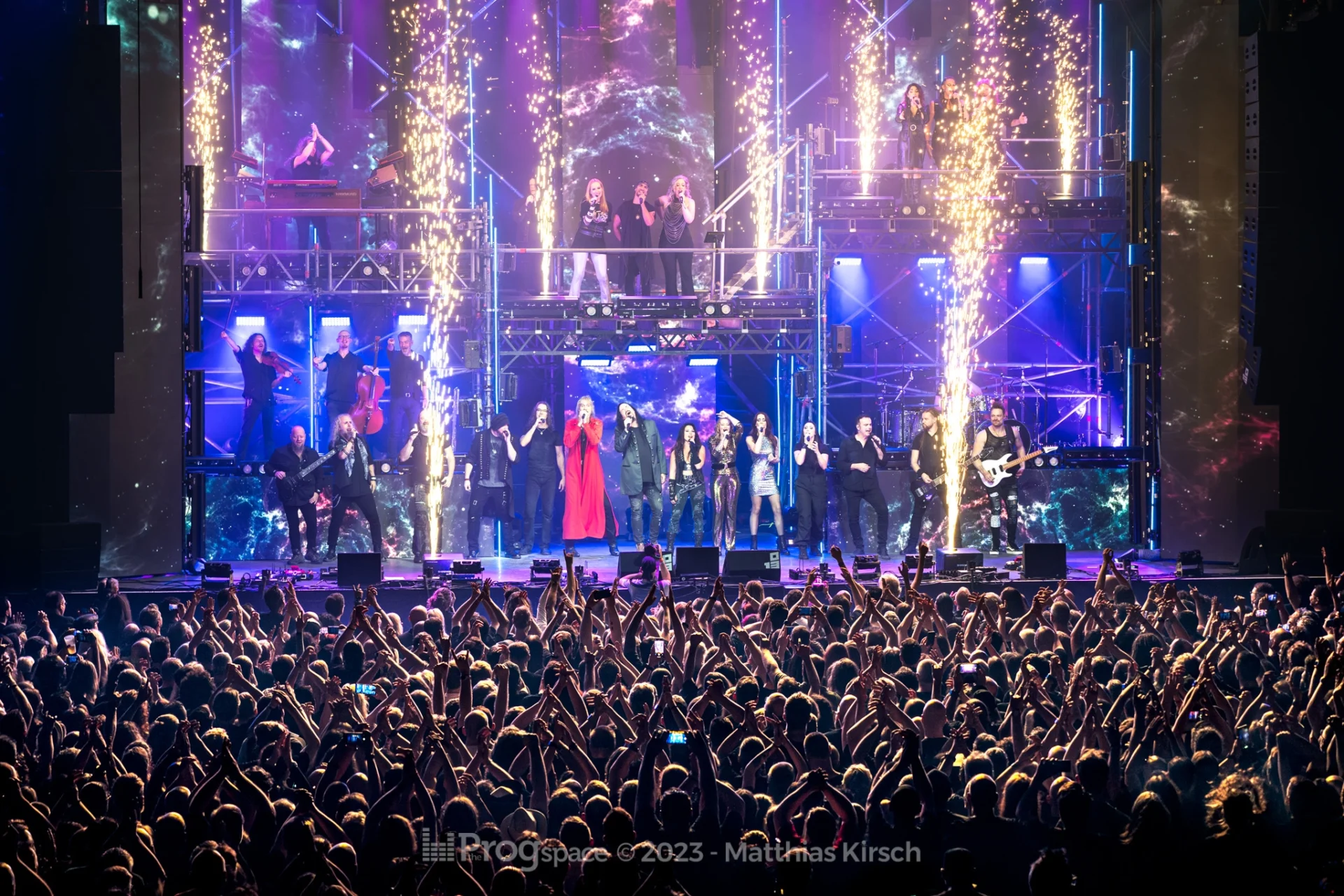
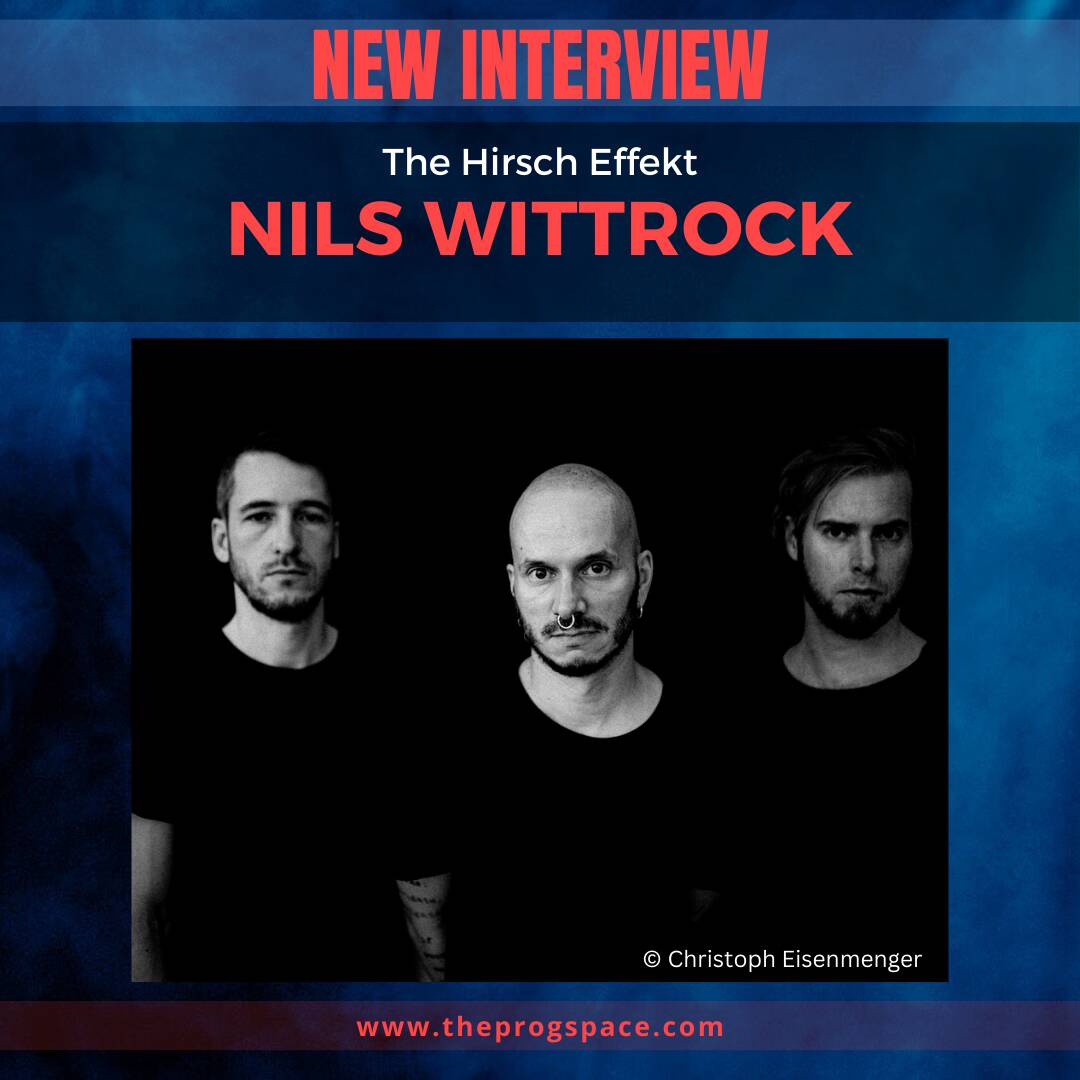
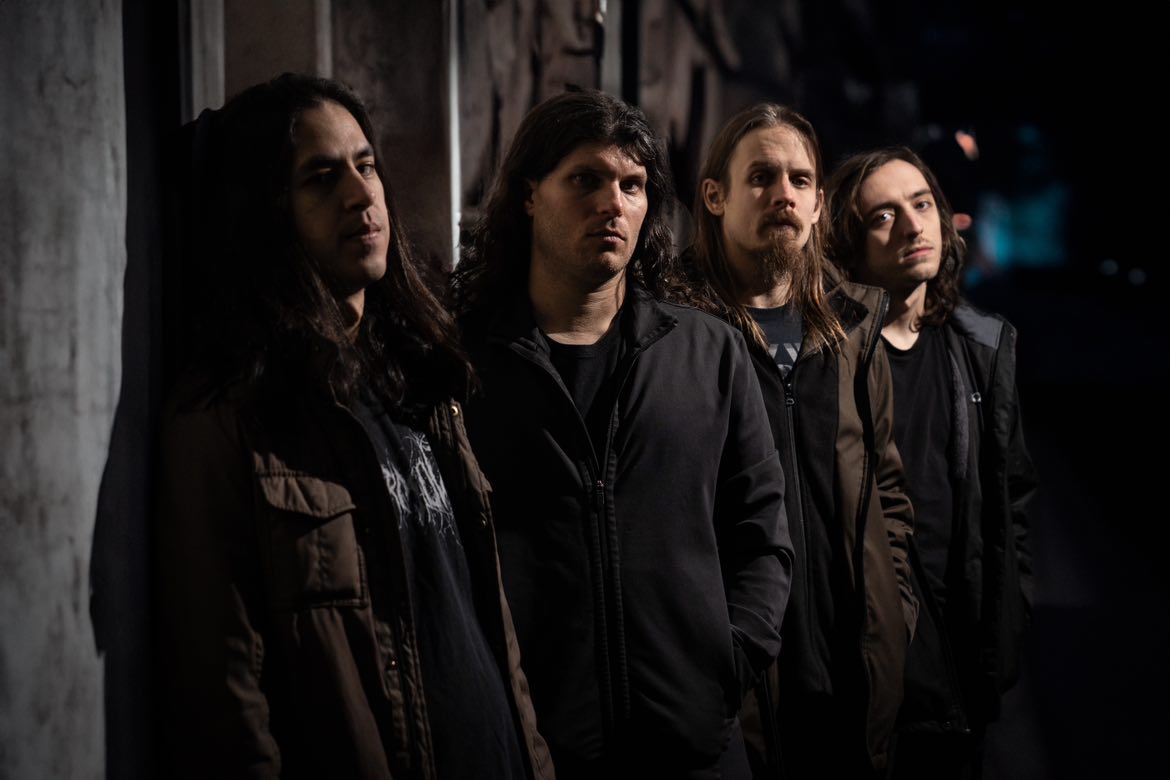
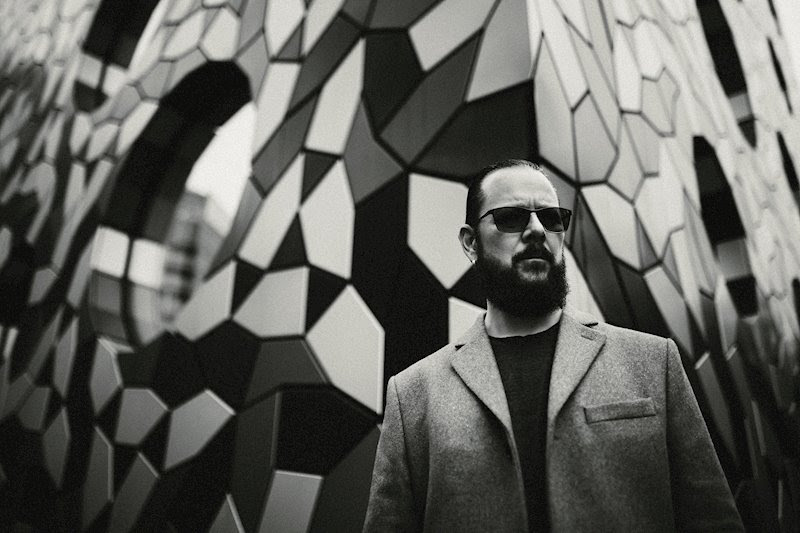
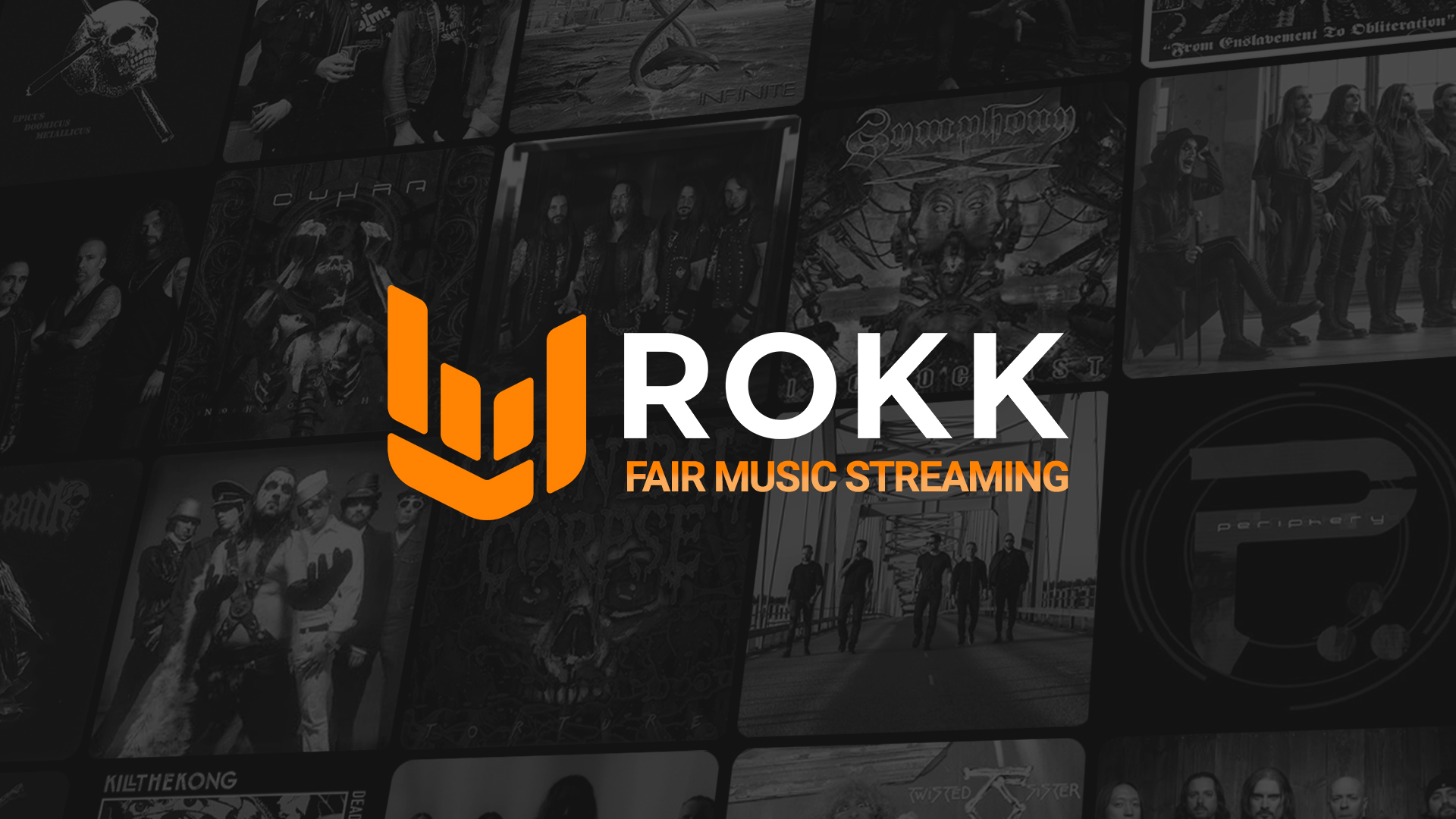
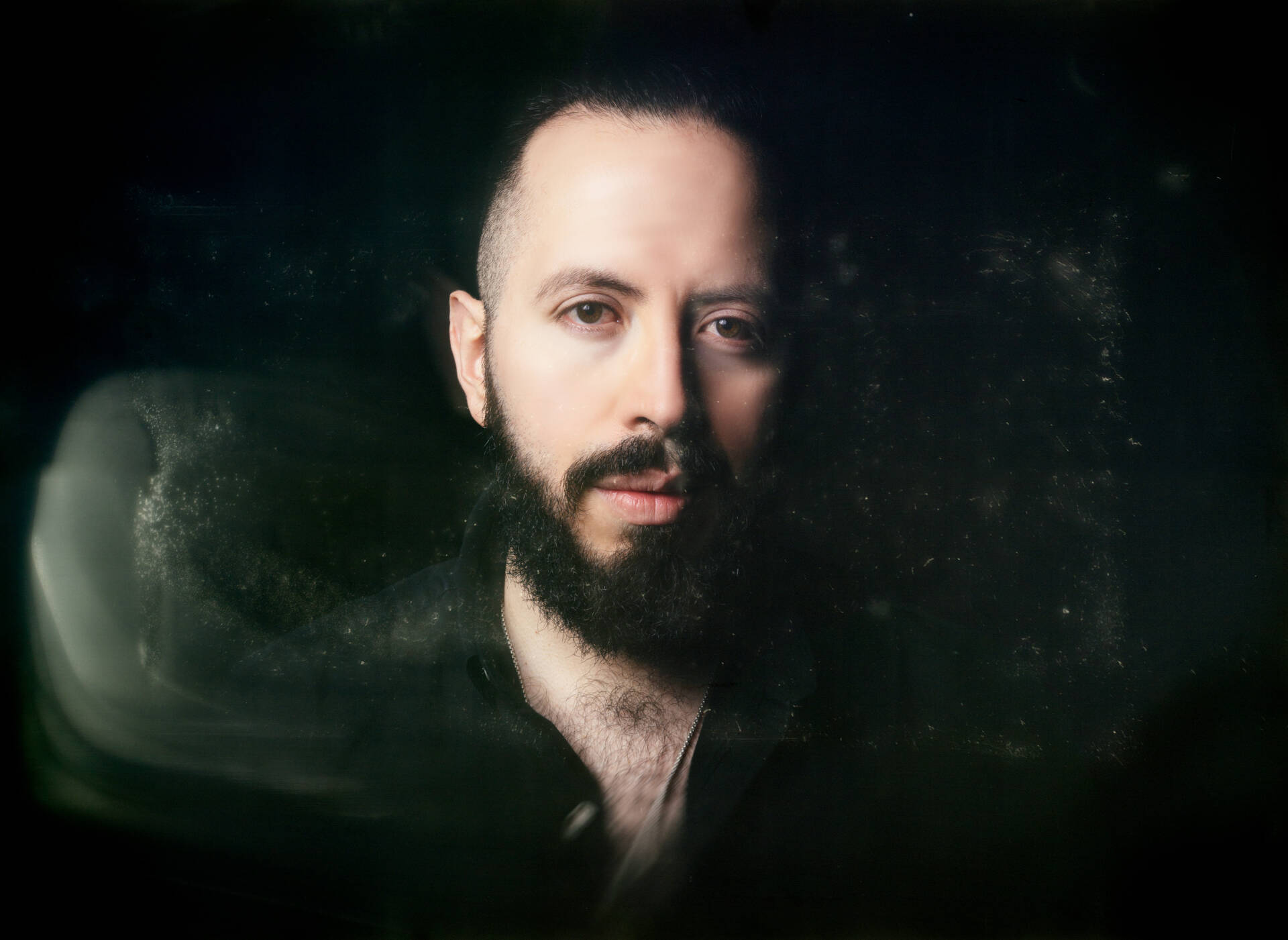
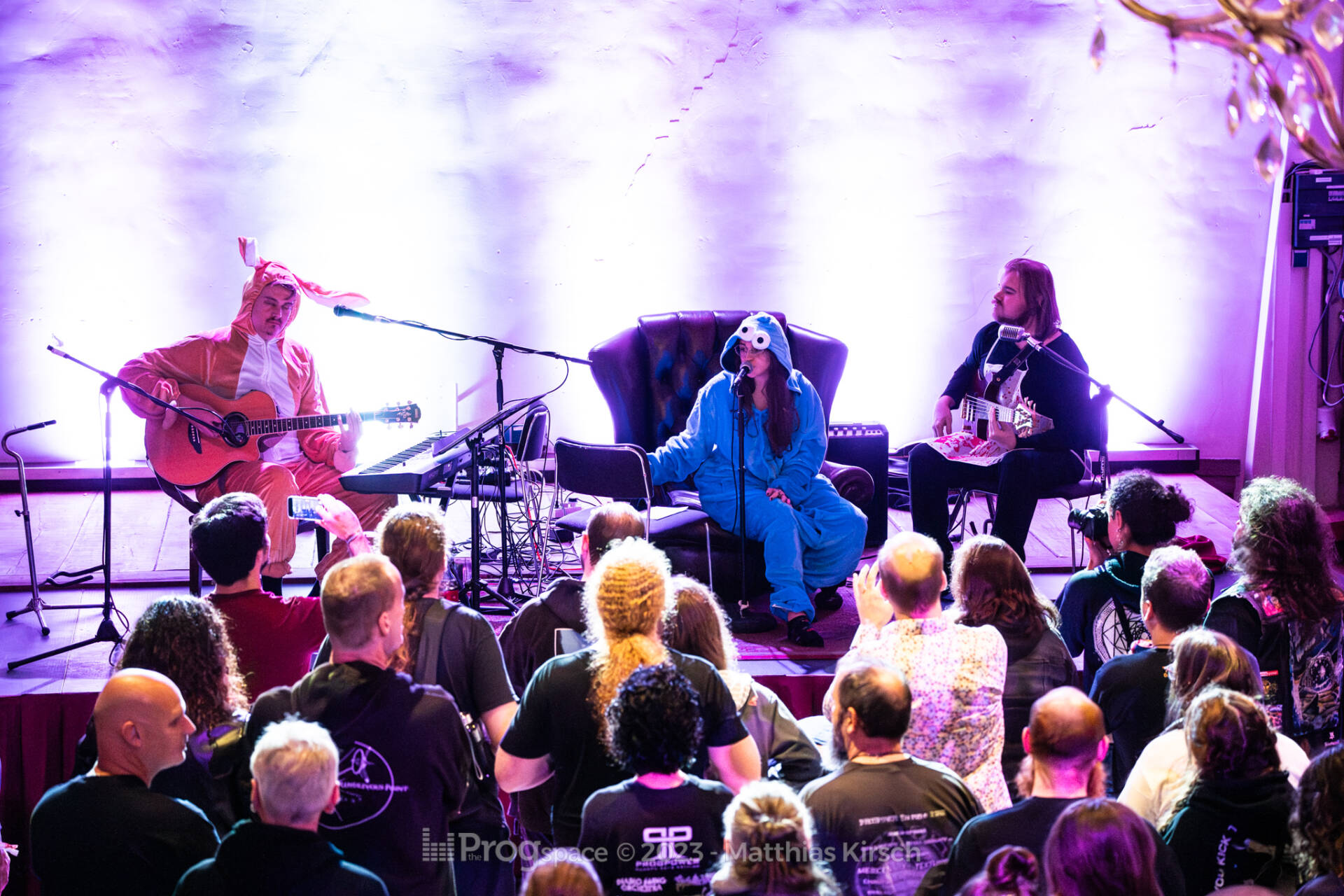
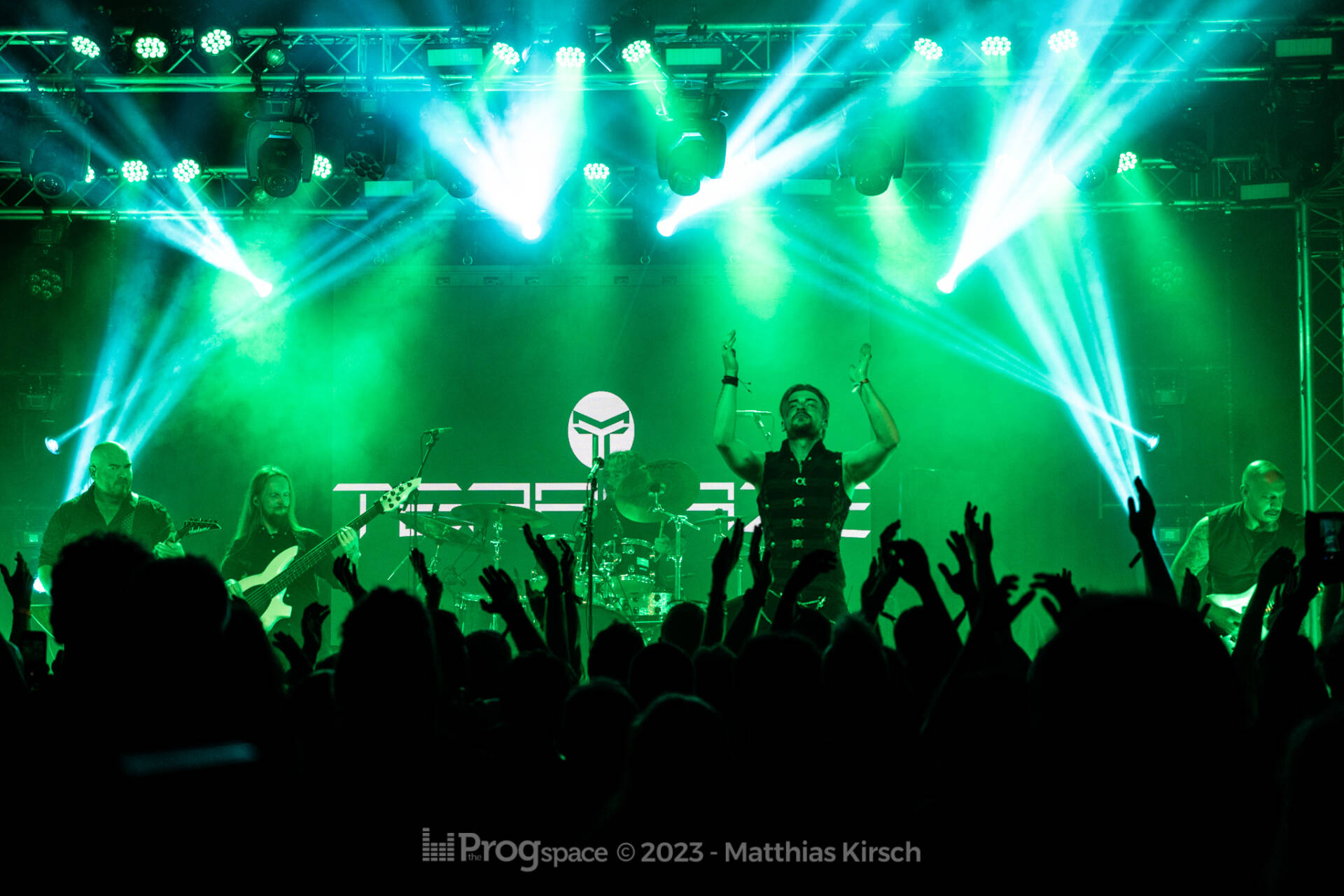
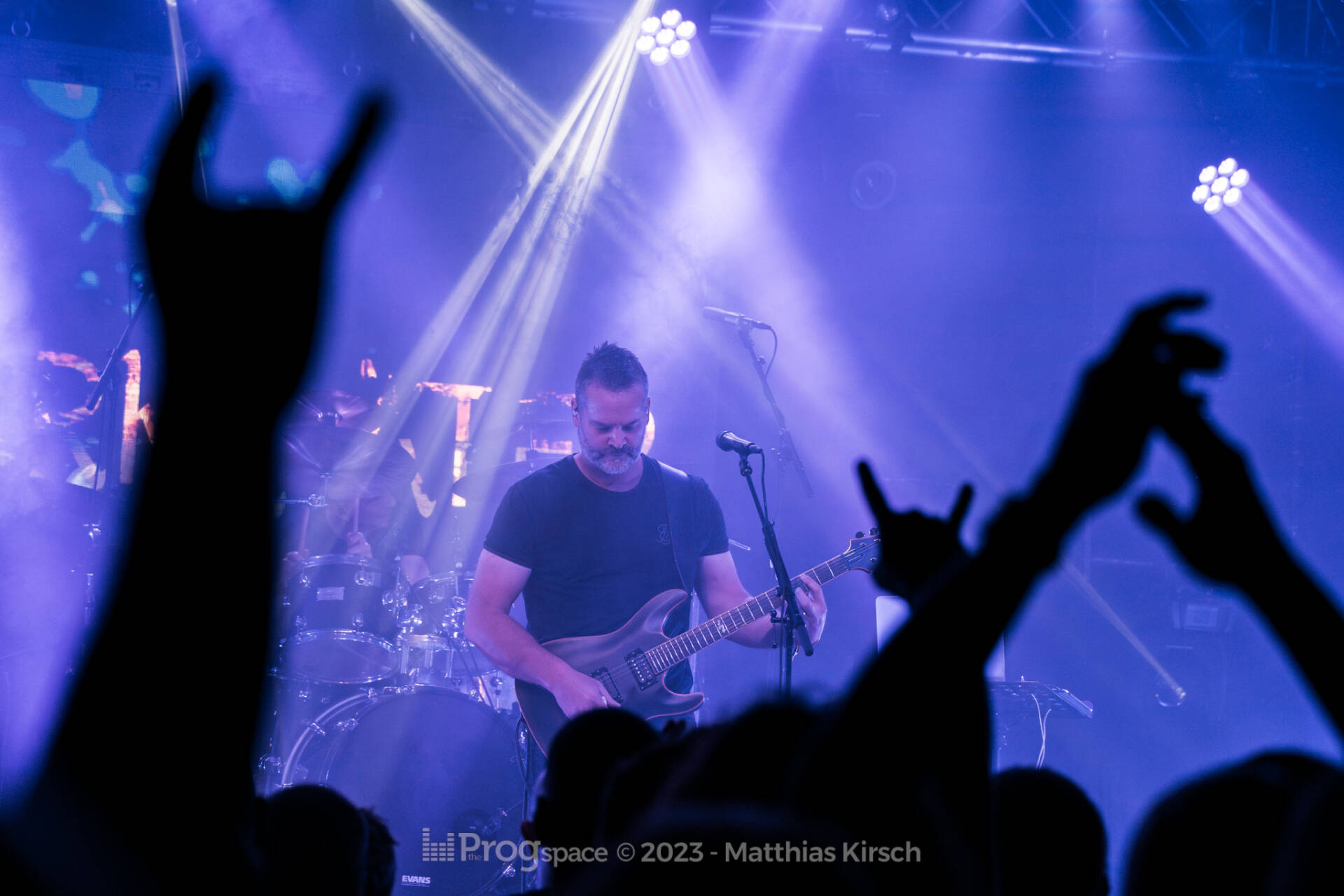
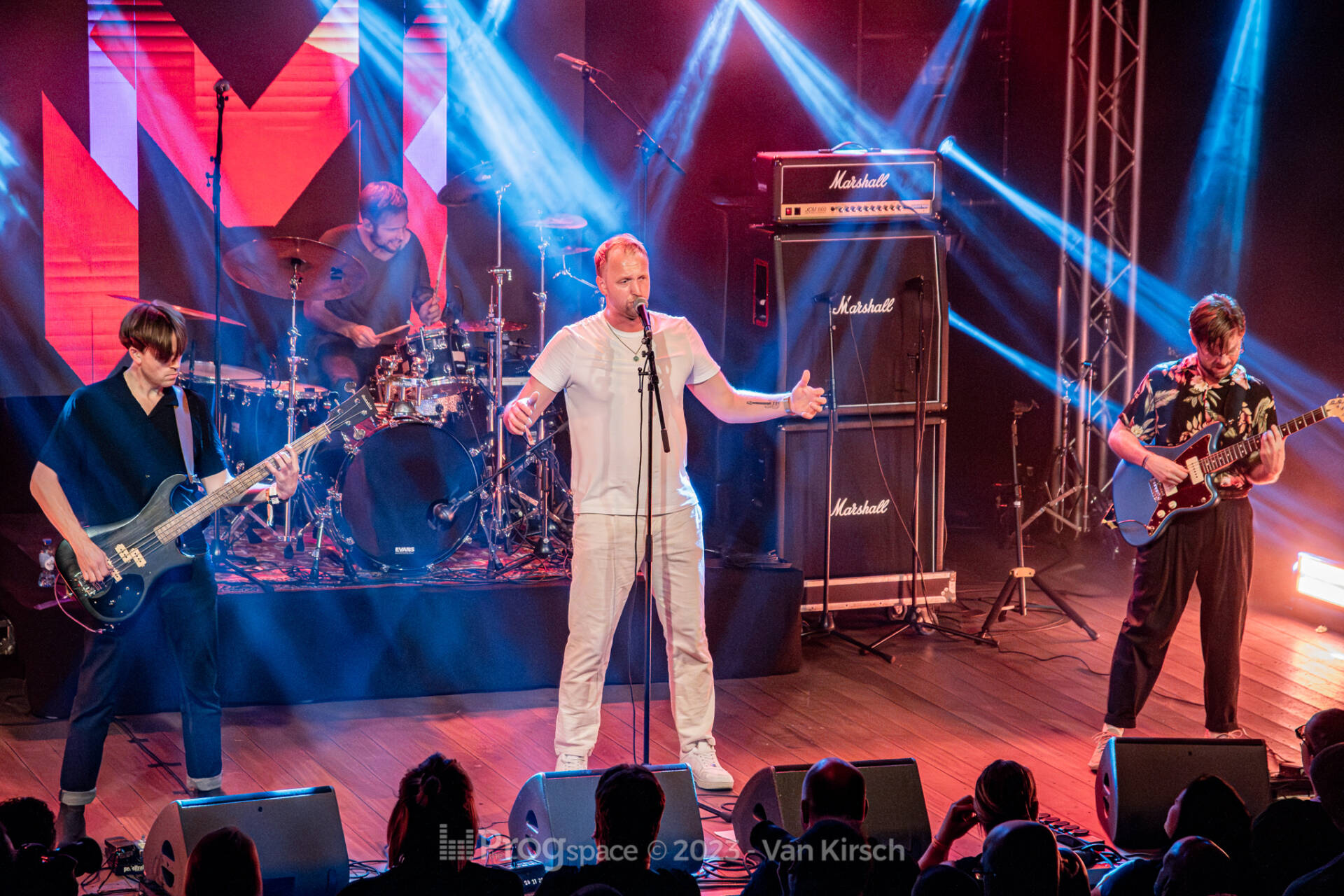
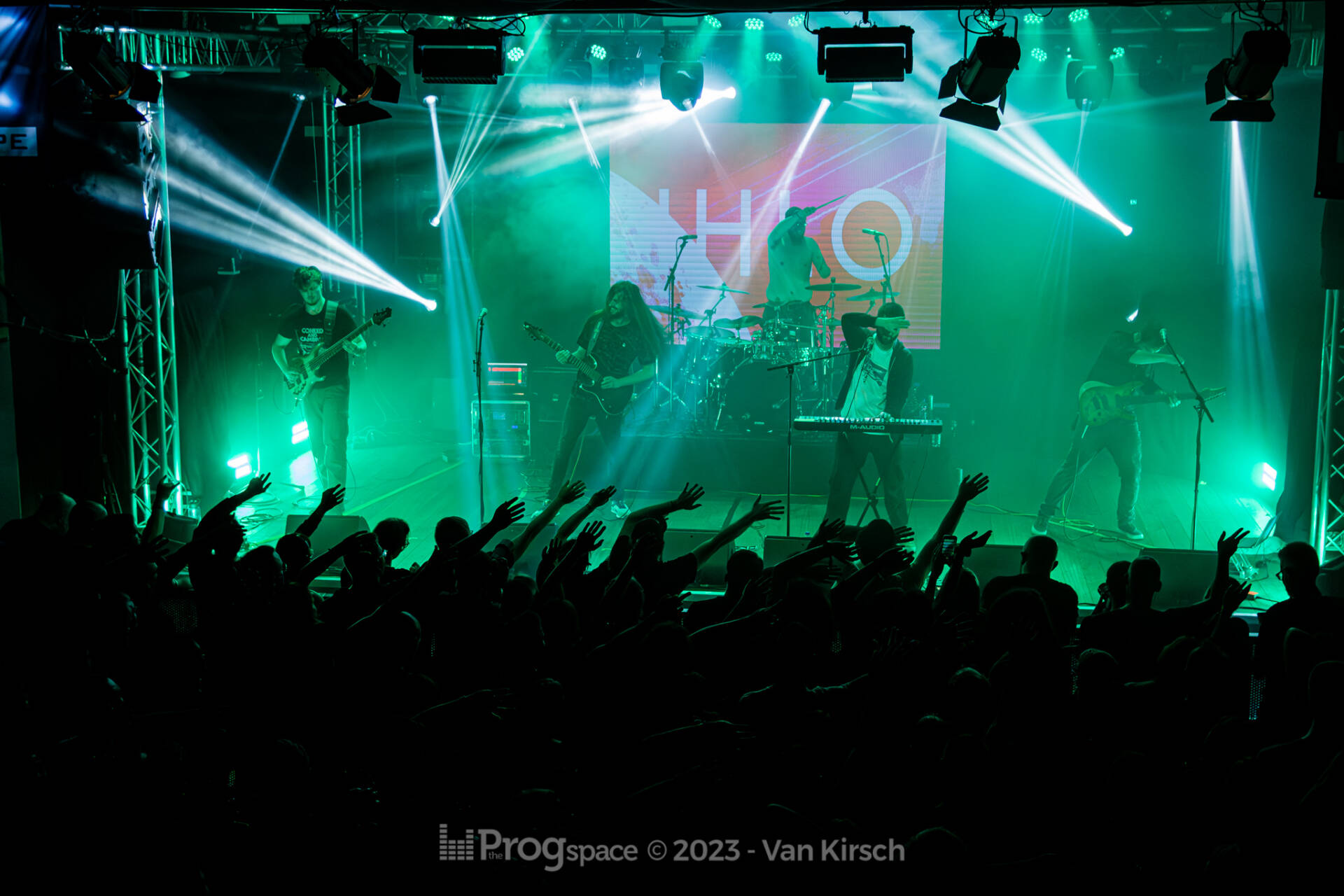
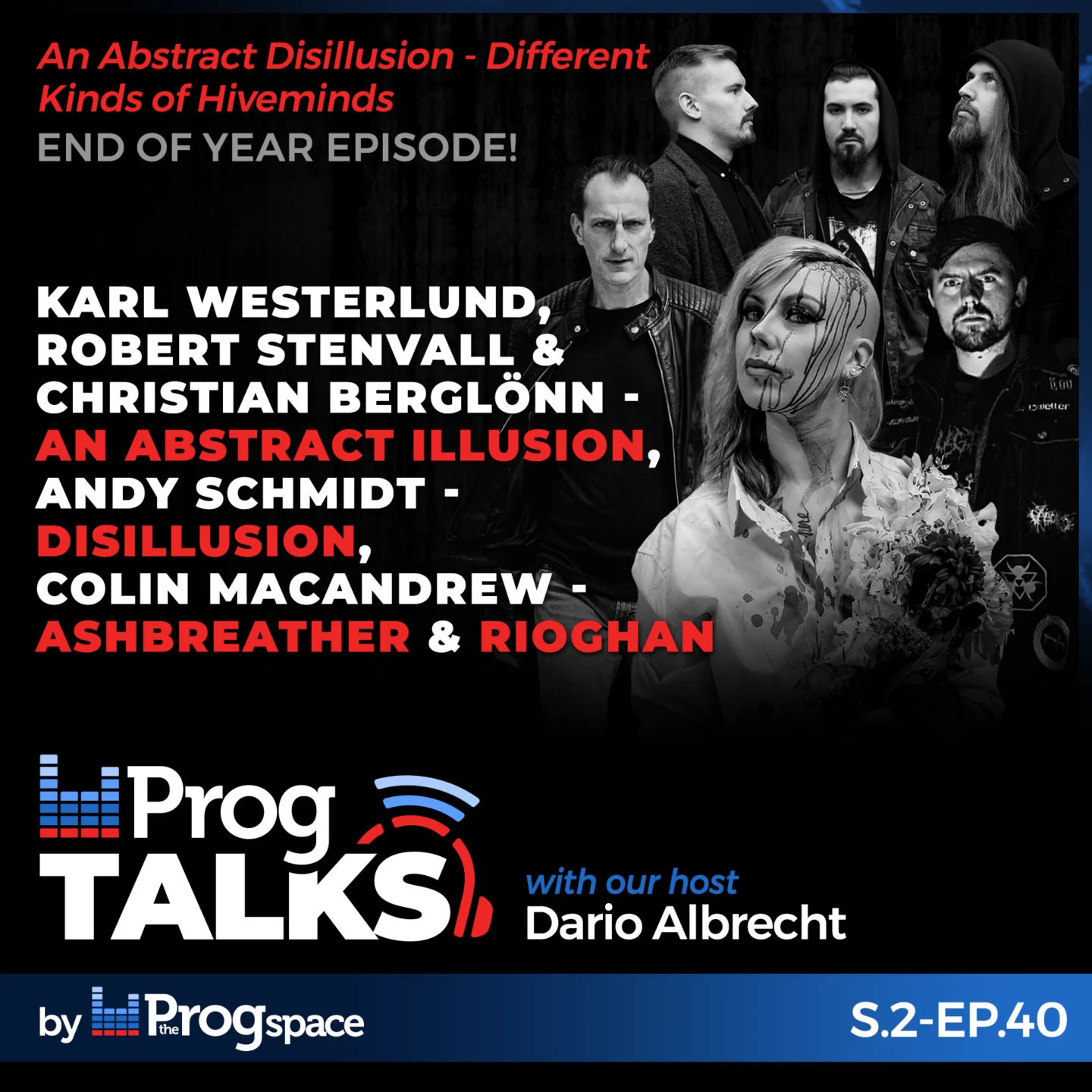
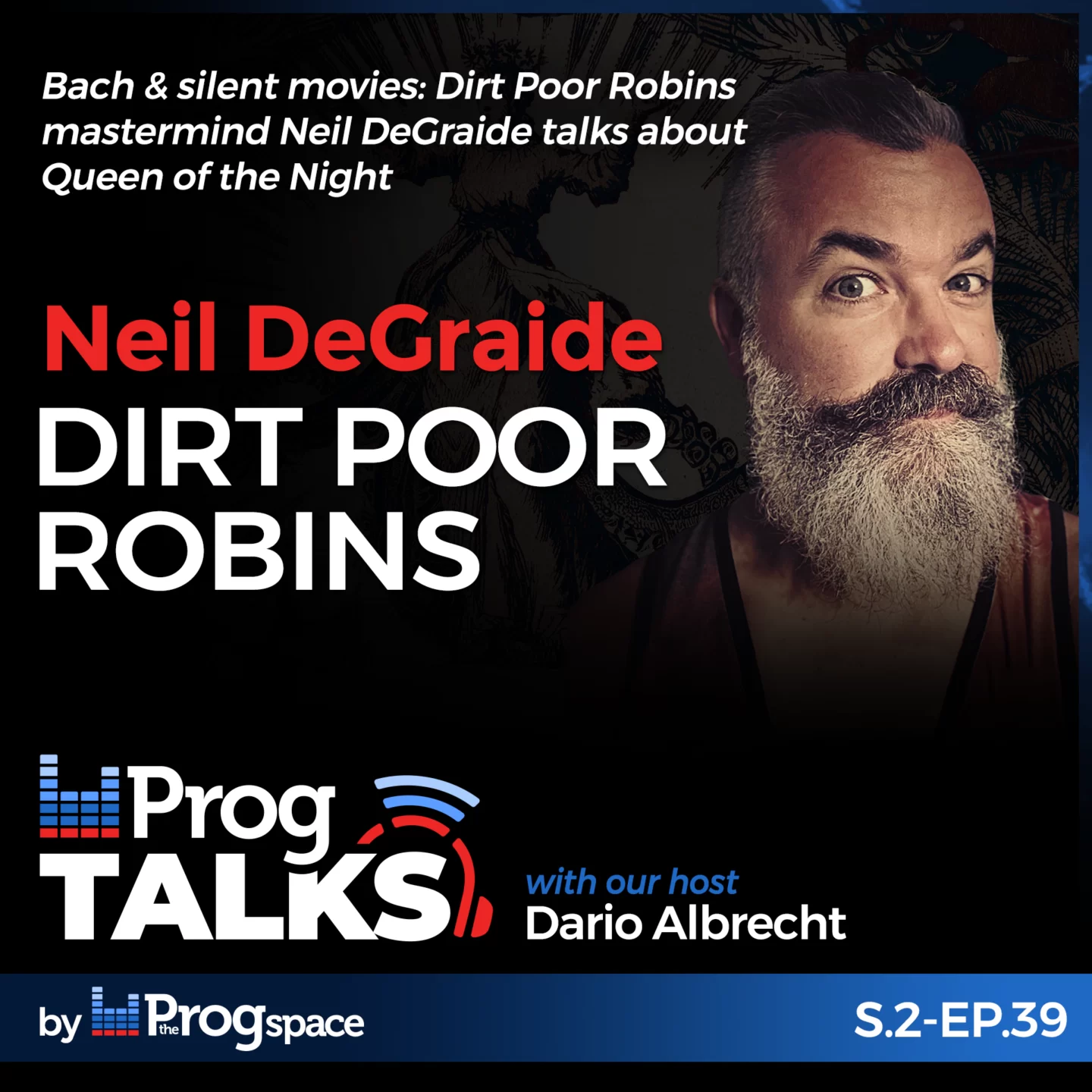
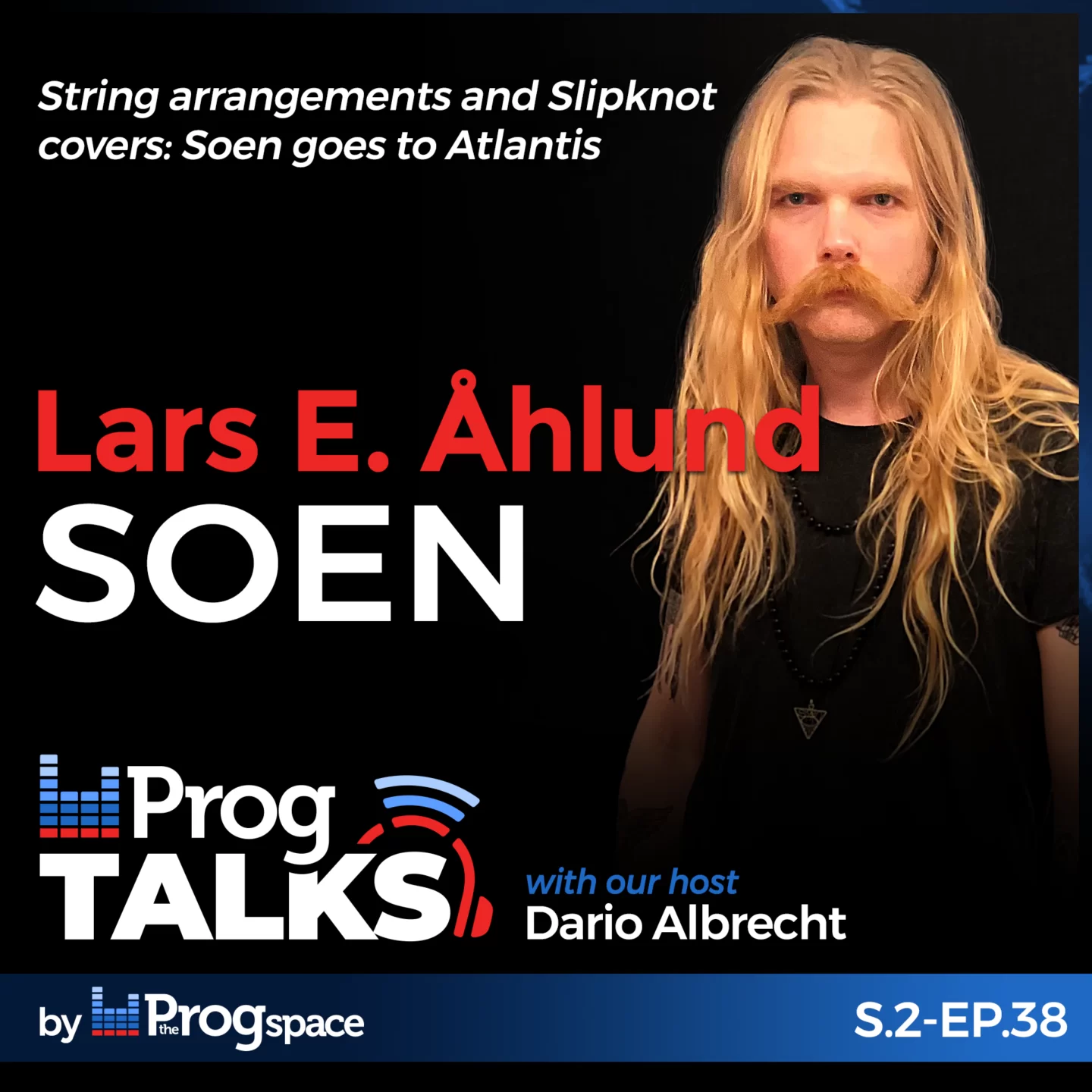
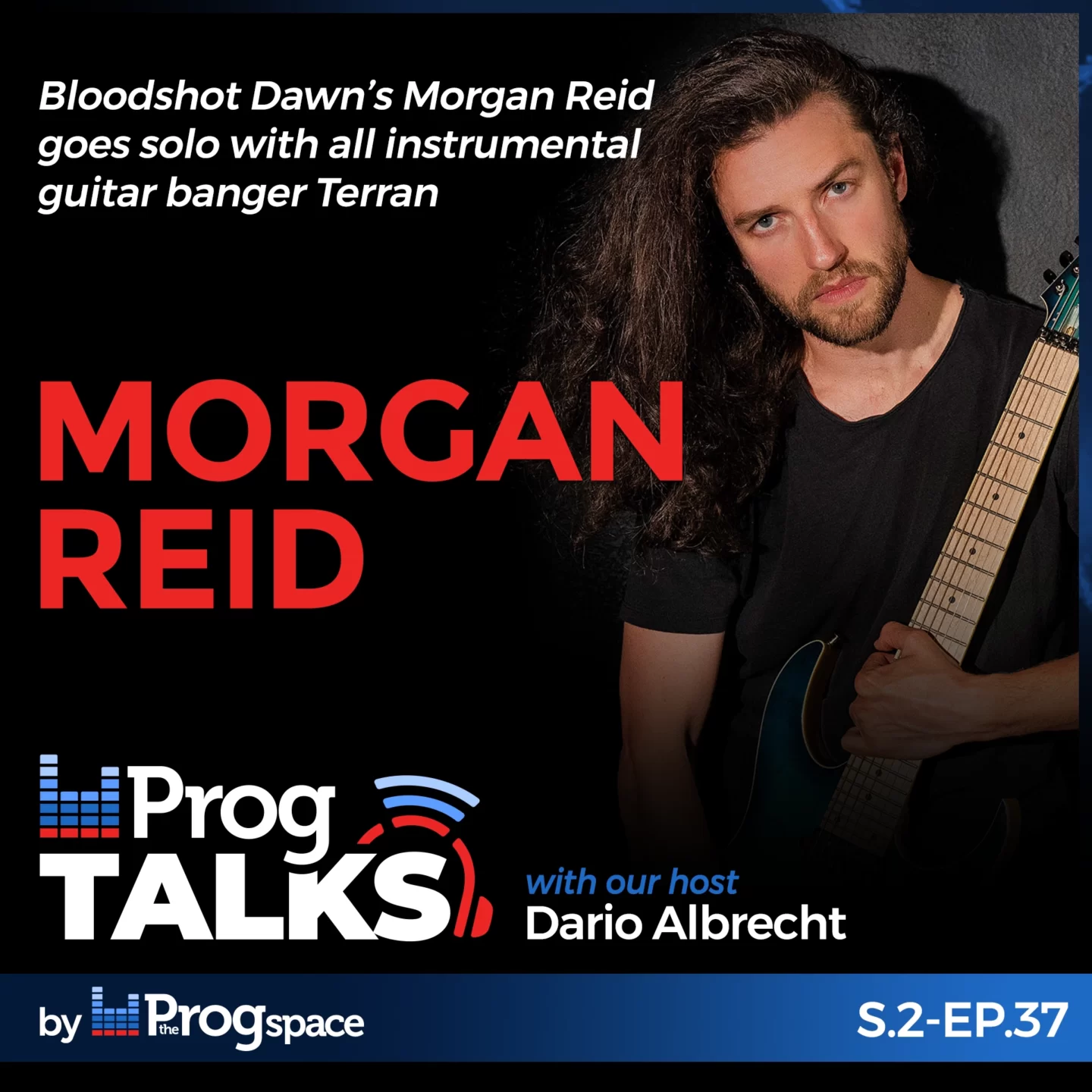
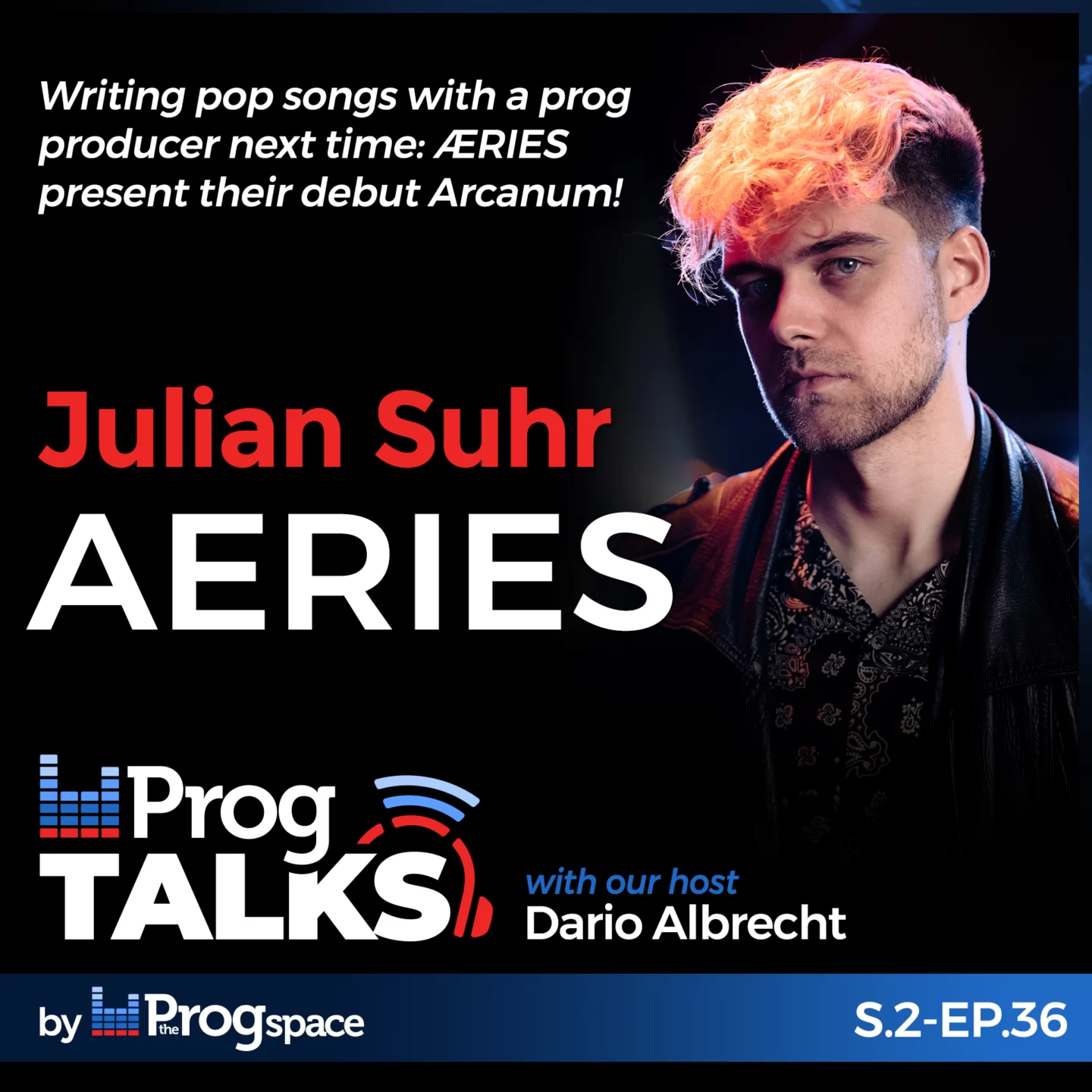
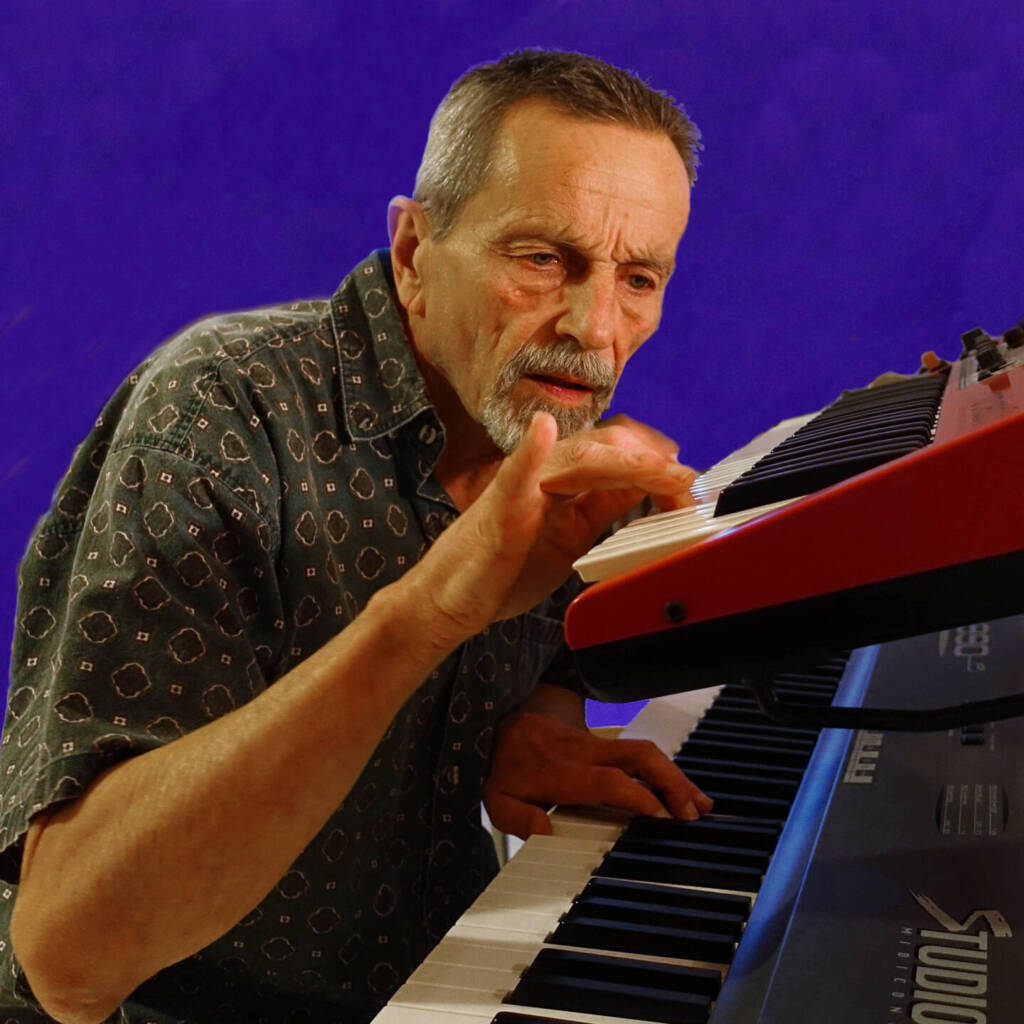
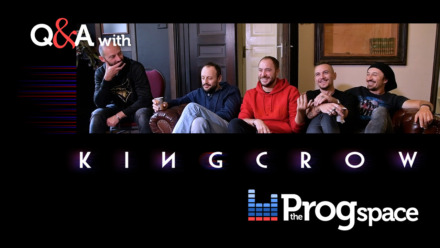

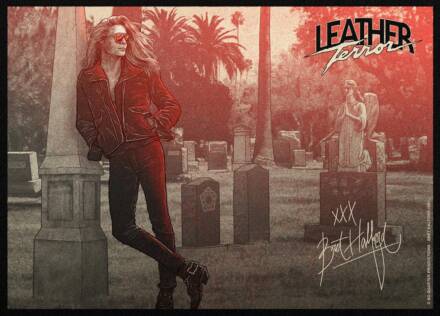
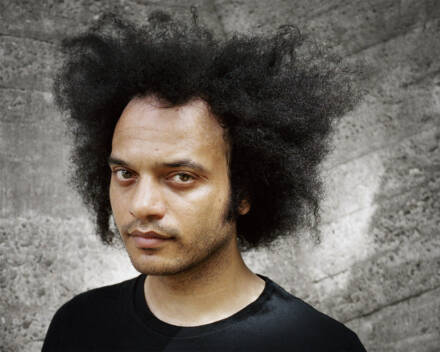


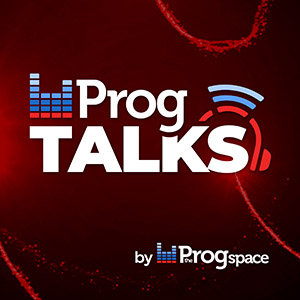
 We’re a group of Prog-lovers who started a journey to share with you our thoughts about albums, concerts, tours and festivals, the photo galleries of the Prog concerts we visit, as well interviews with upcoming or established musicians or prog-related people. Follow our Facebook page for frequent updates and news around the Progniverse.
We’re a group of Prog-lovers who started a journey to share with you our thoughts about albums, concerts, tours and festivals, the photo galleries of the Prog concerts we visit, as well interviews with upcoming or established musicians or prog-related people. Follow our Facebook page for frequent updates and news around the Progniverse.
Great interview! Very interesting.
Thank you Daniel! Yes it was an honour and a pleasure as well to talk to Hans! Really love the stories that he had to tell… /Dario
Thanks for a great interview.
Great interview!
Thanks Daniel!
Great great interview! Thank you very much!